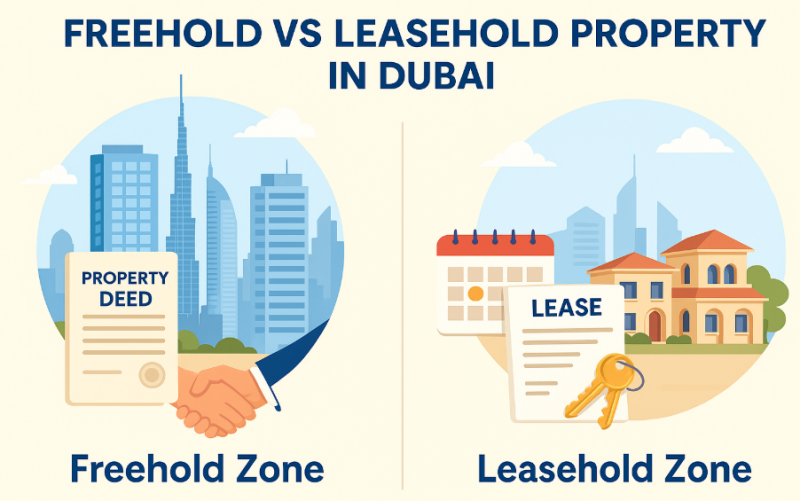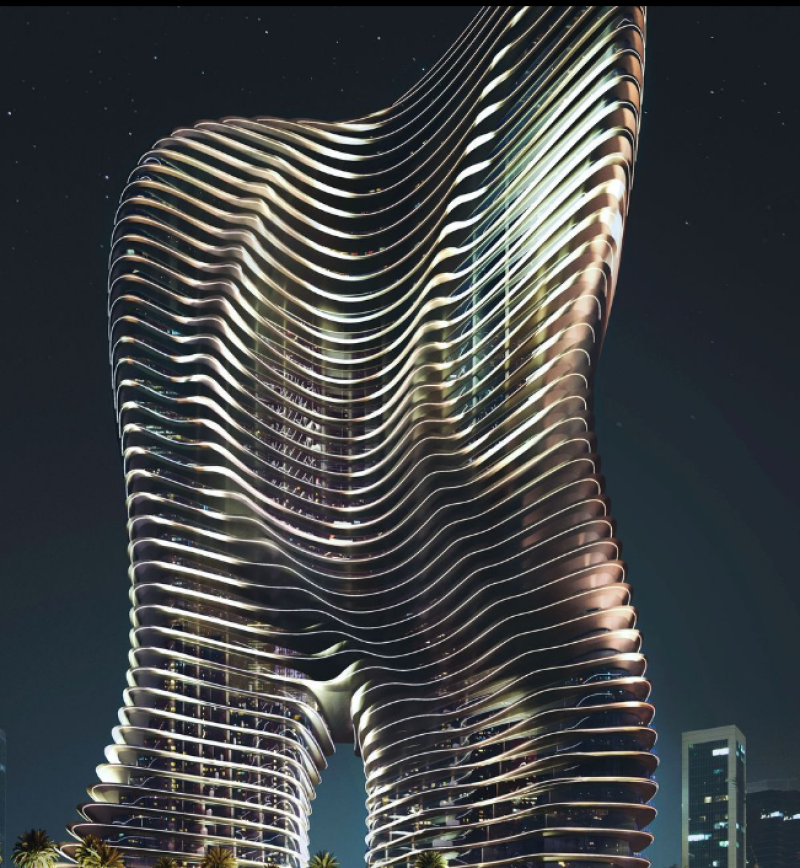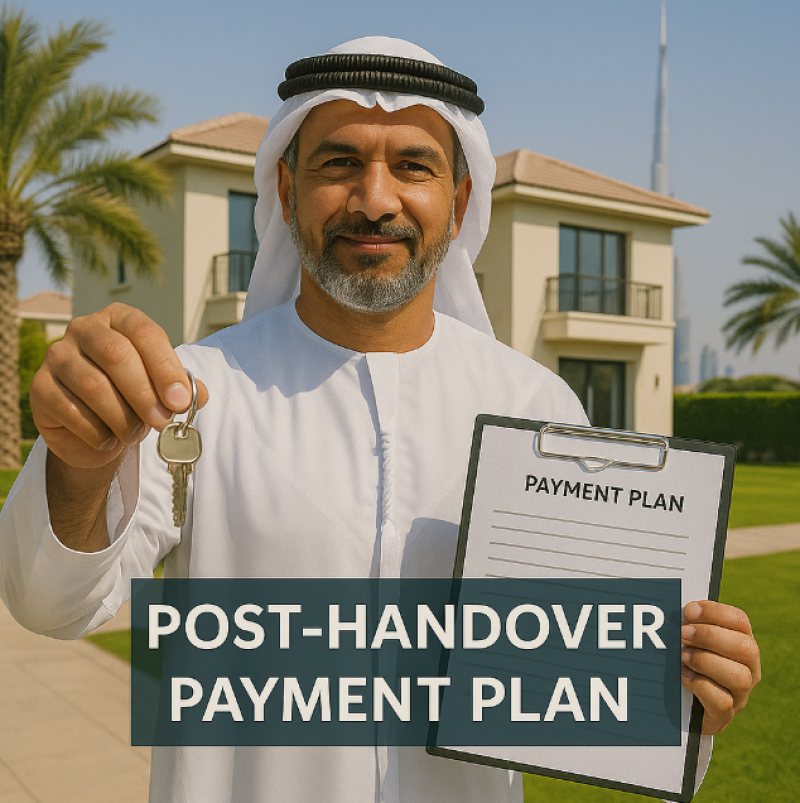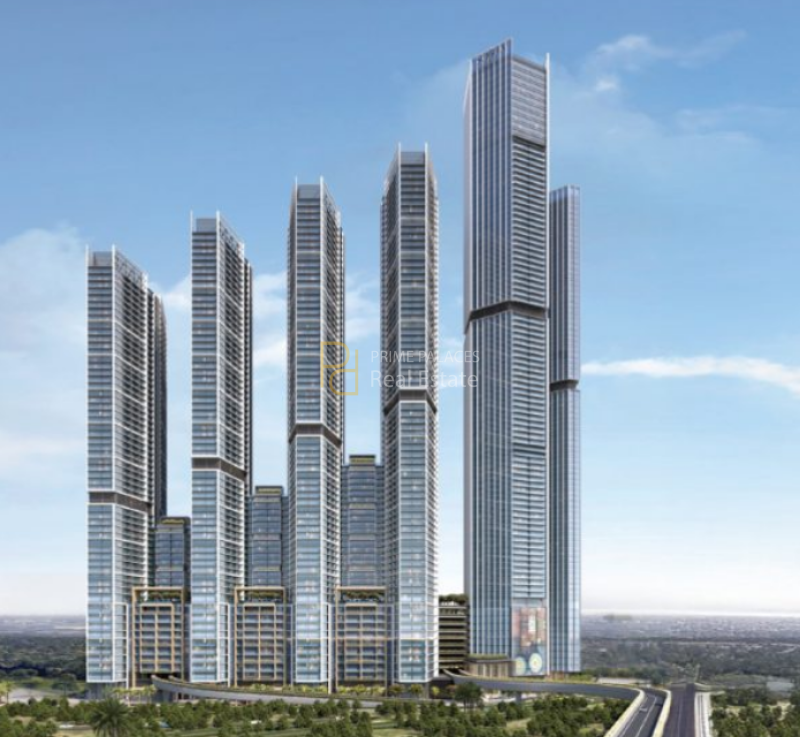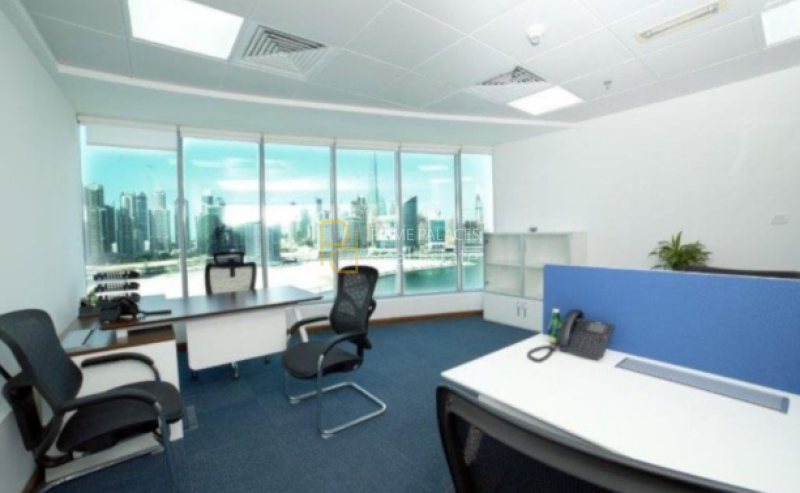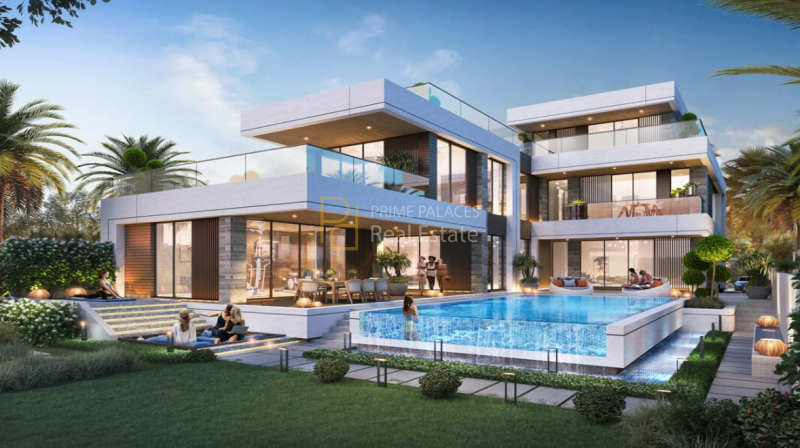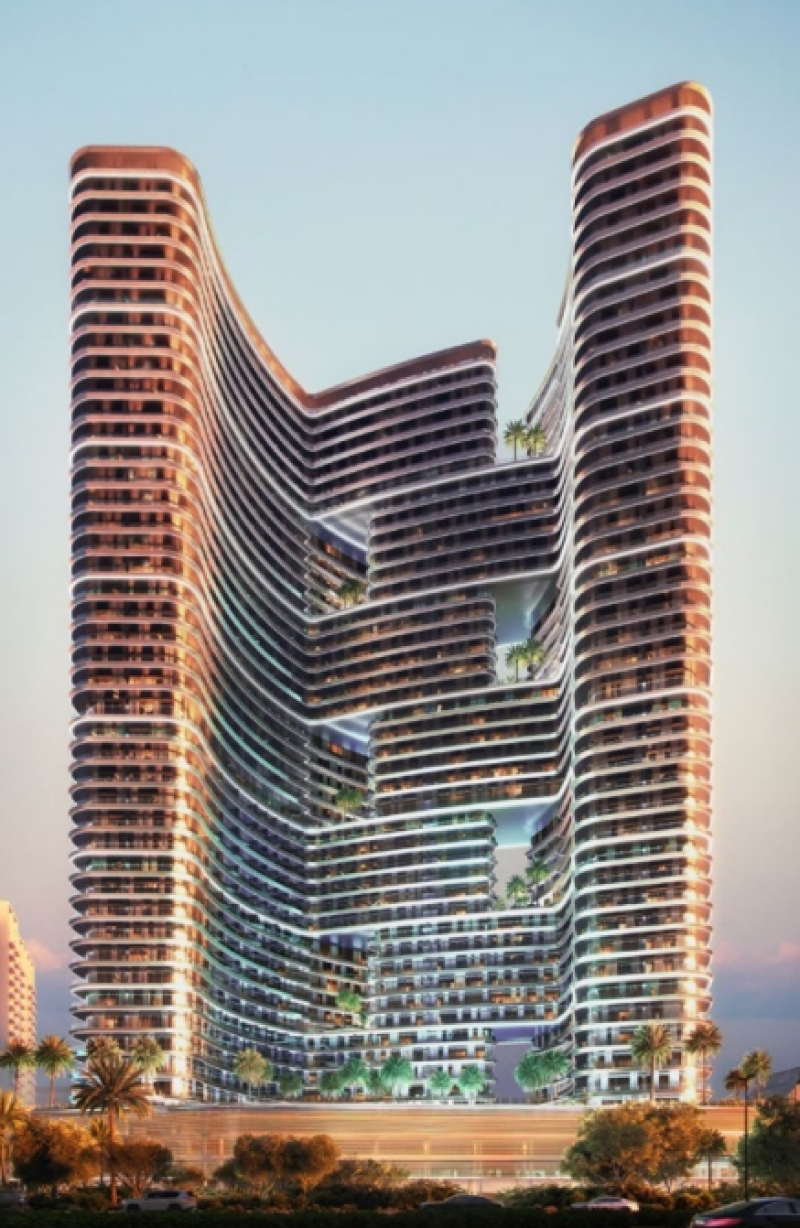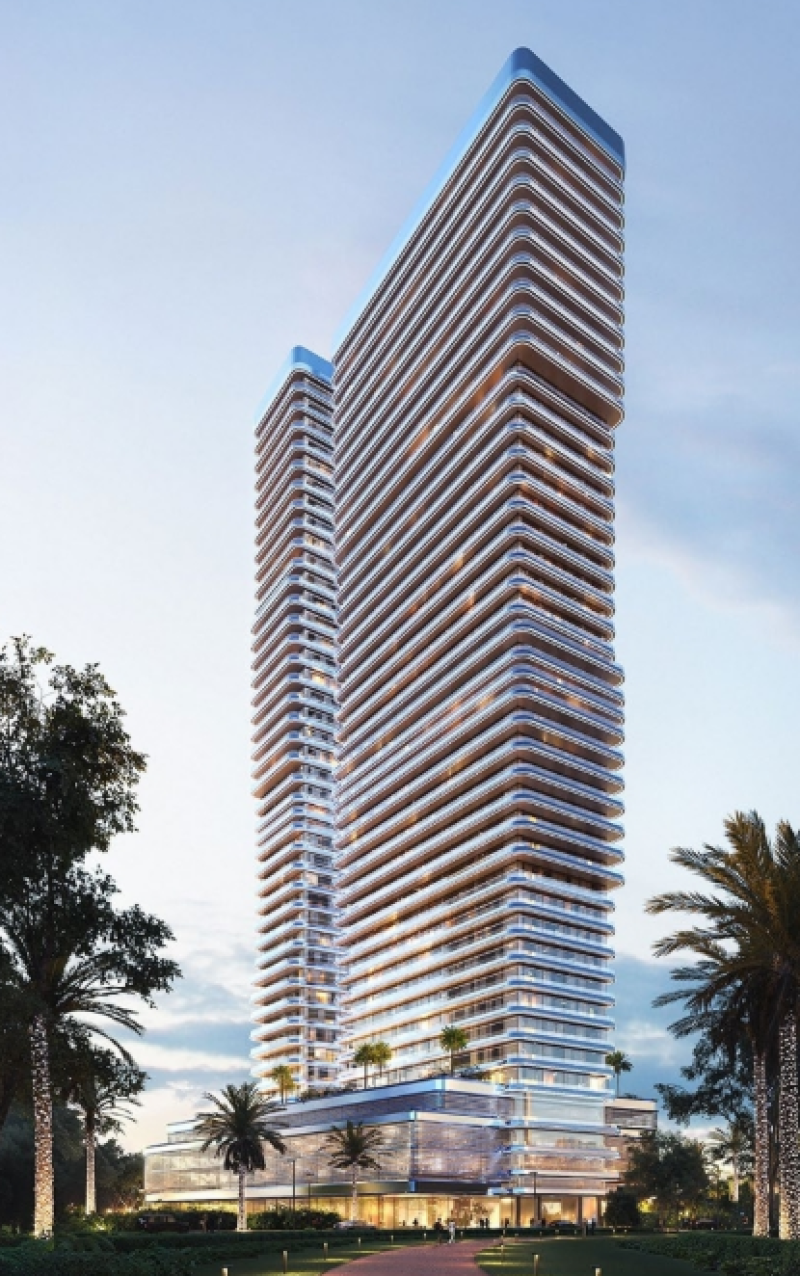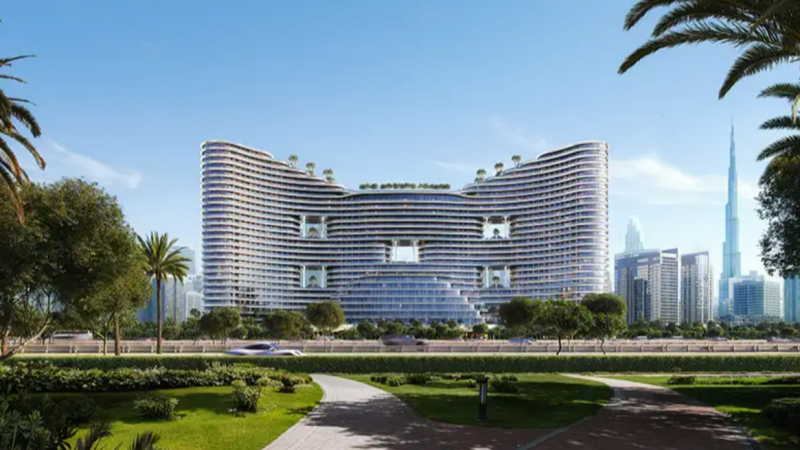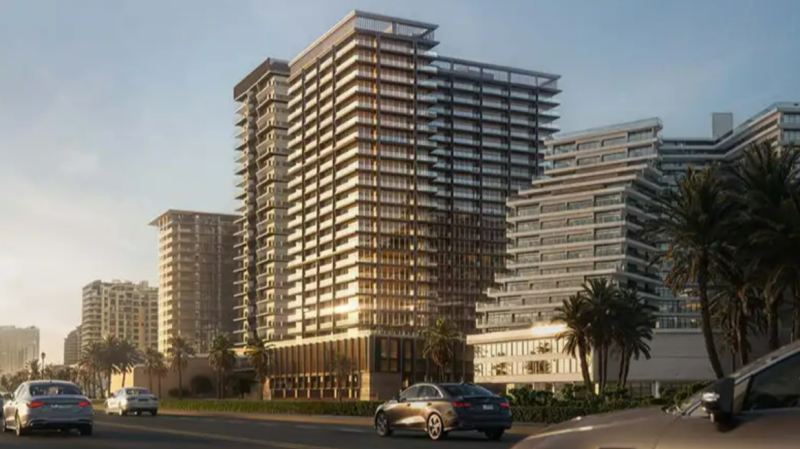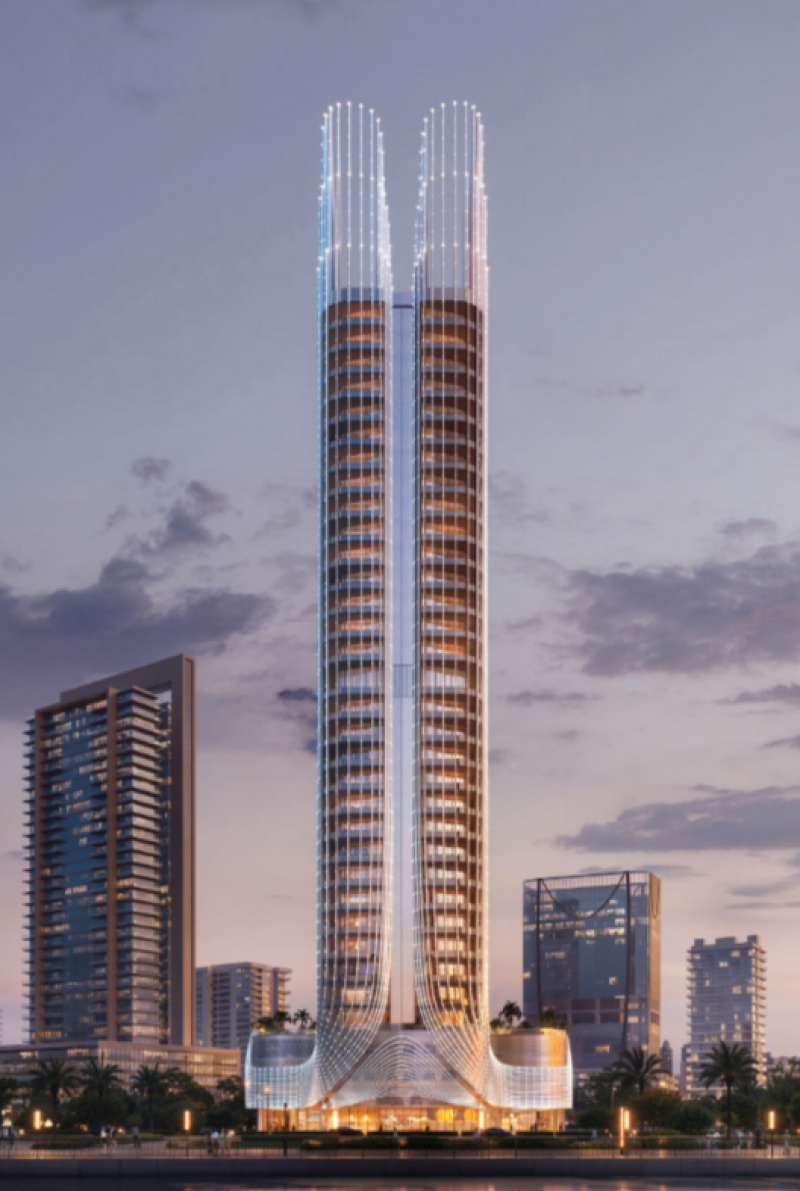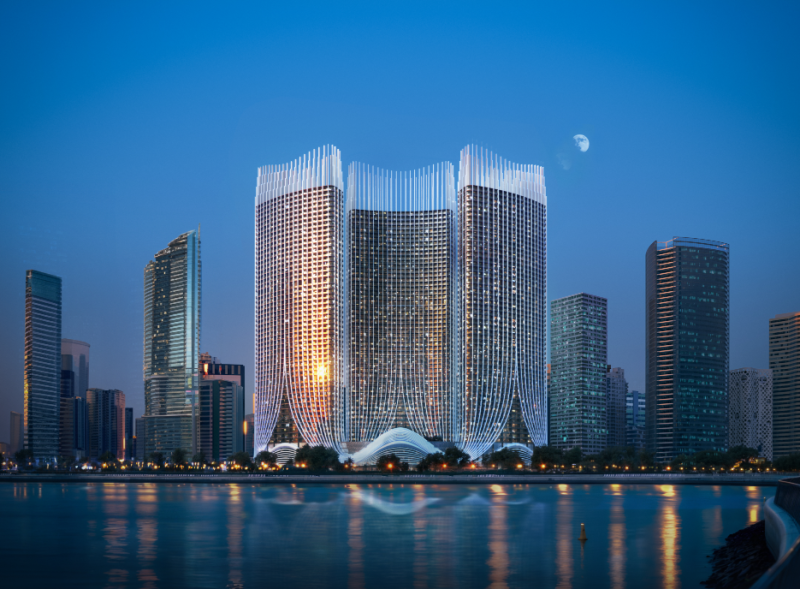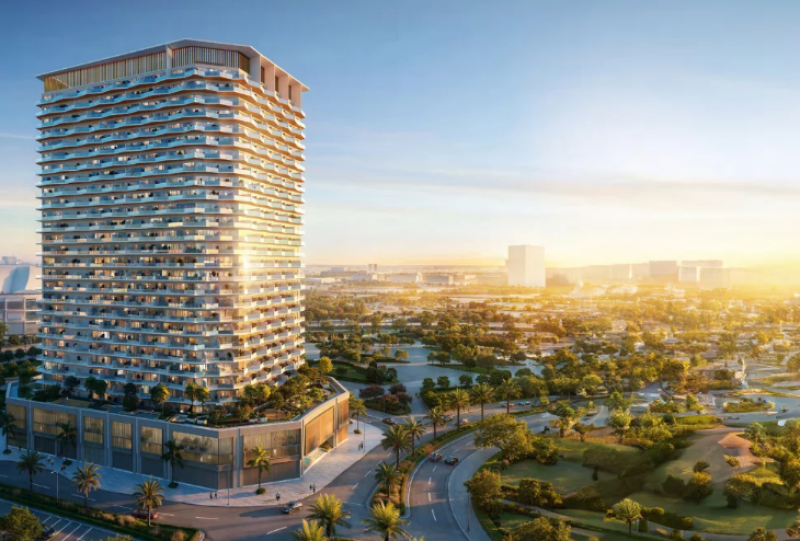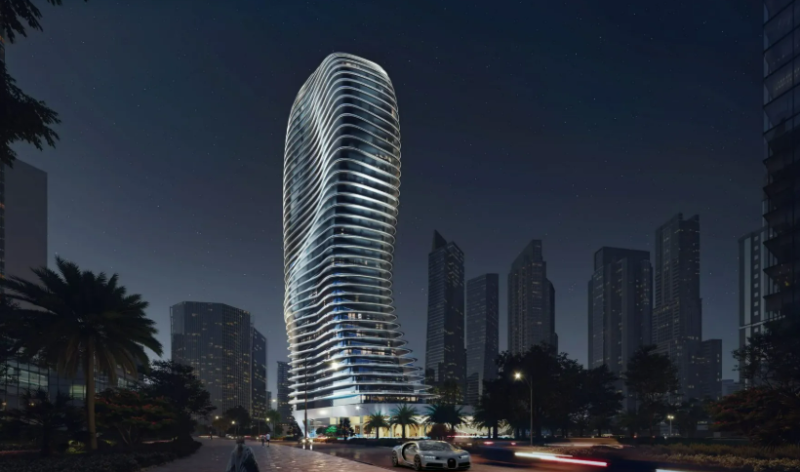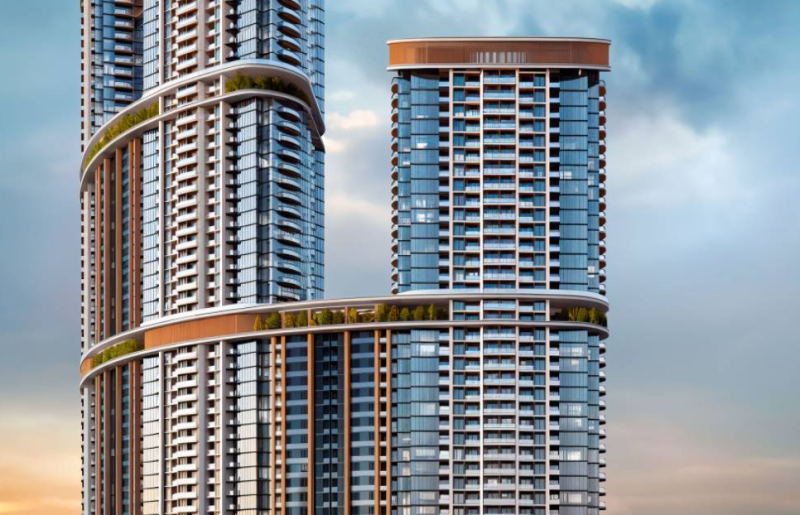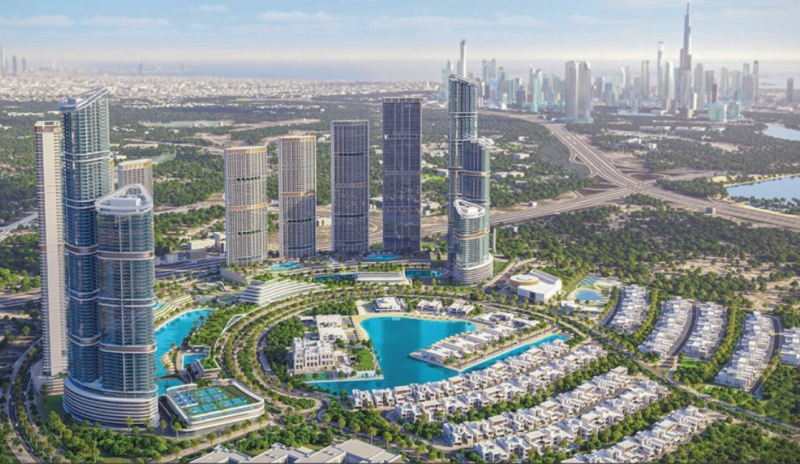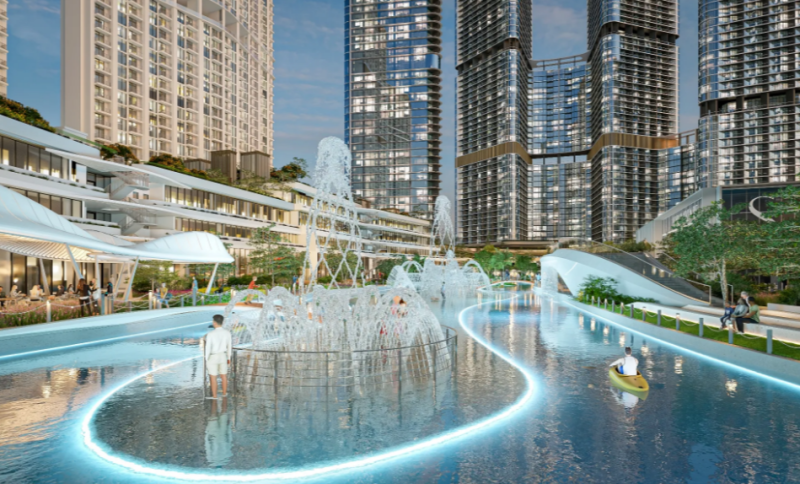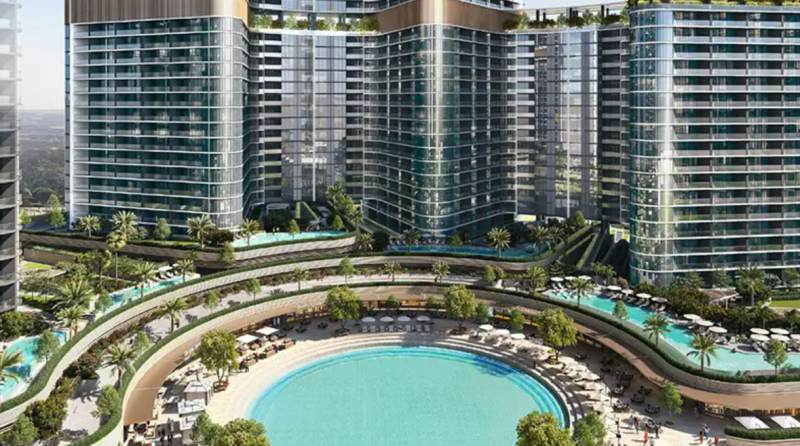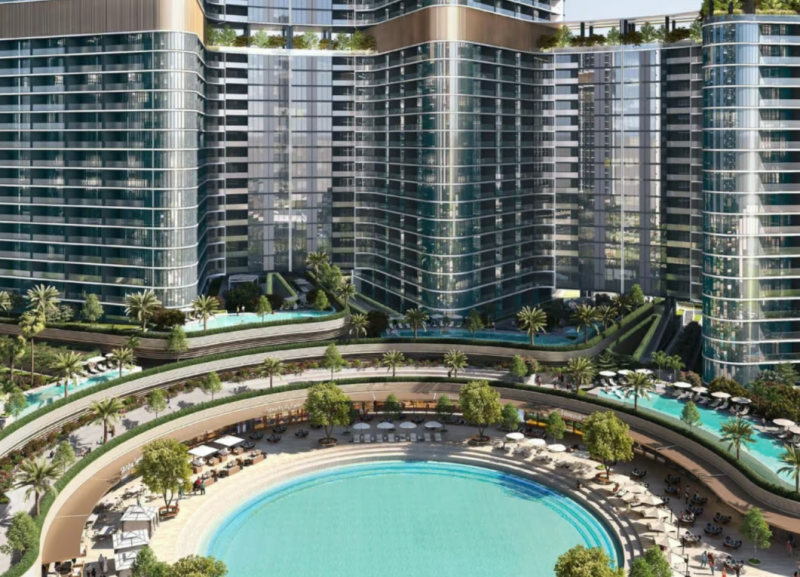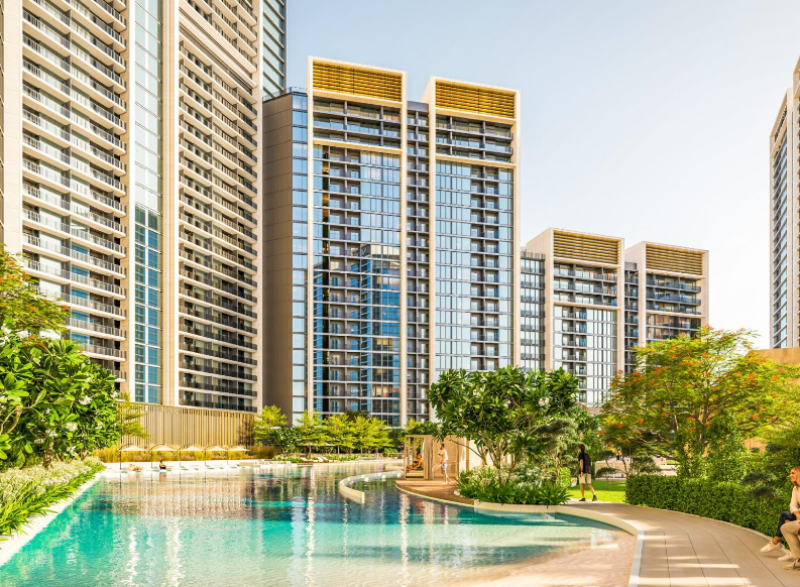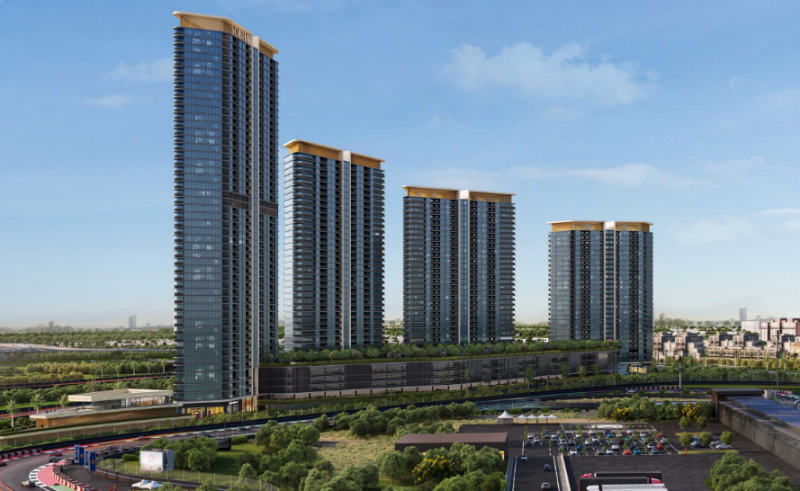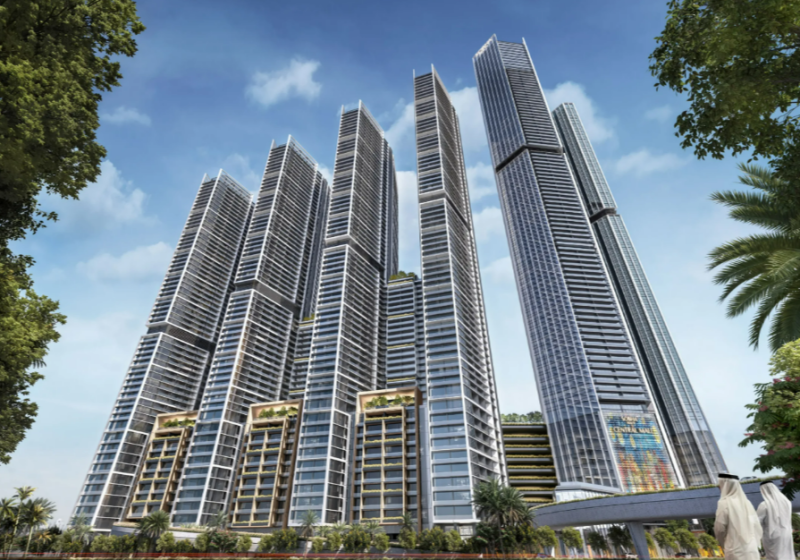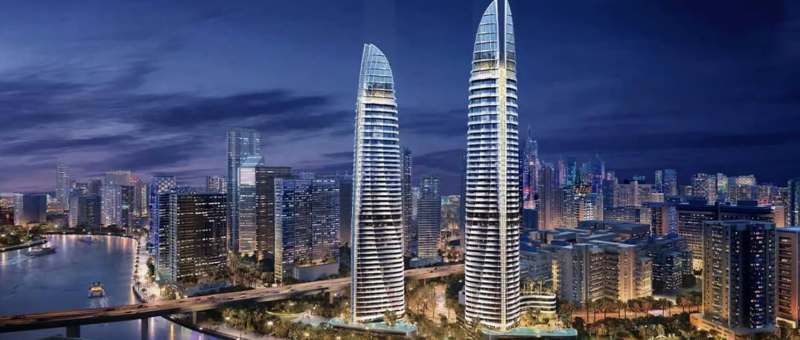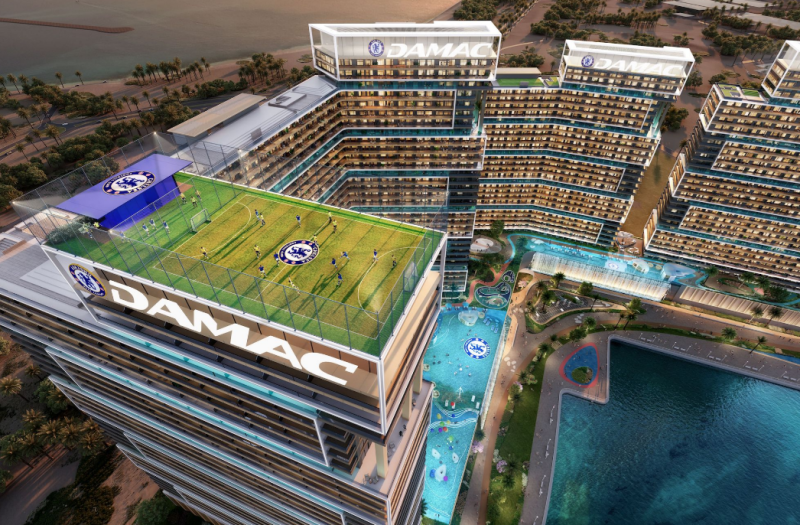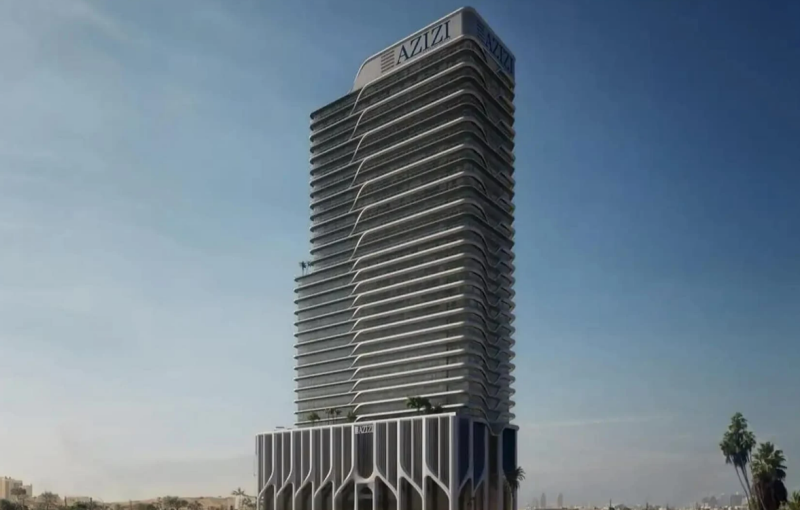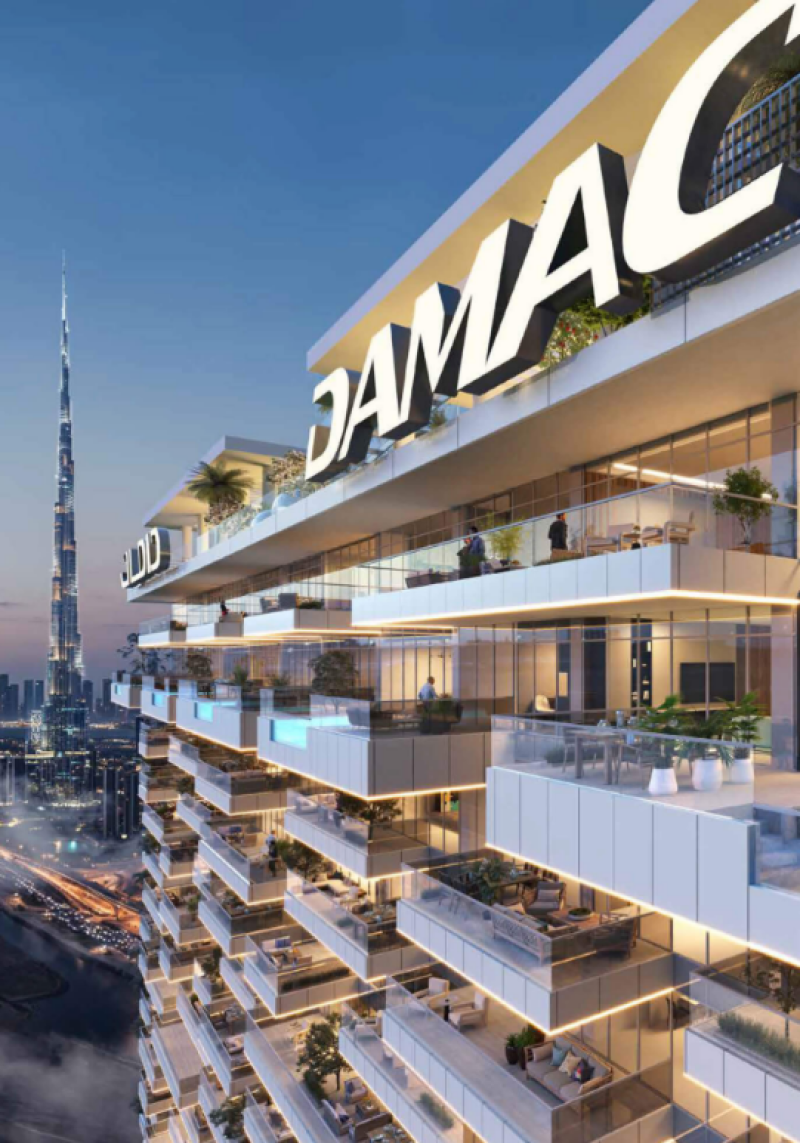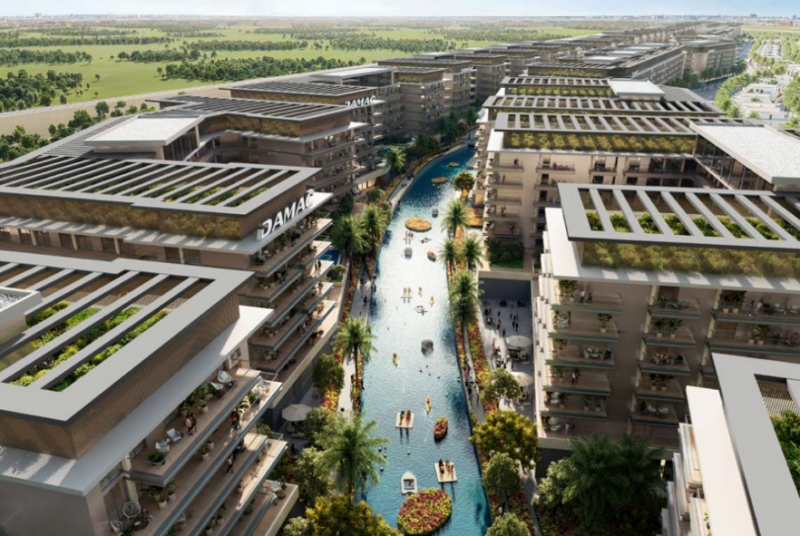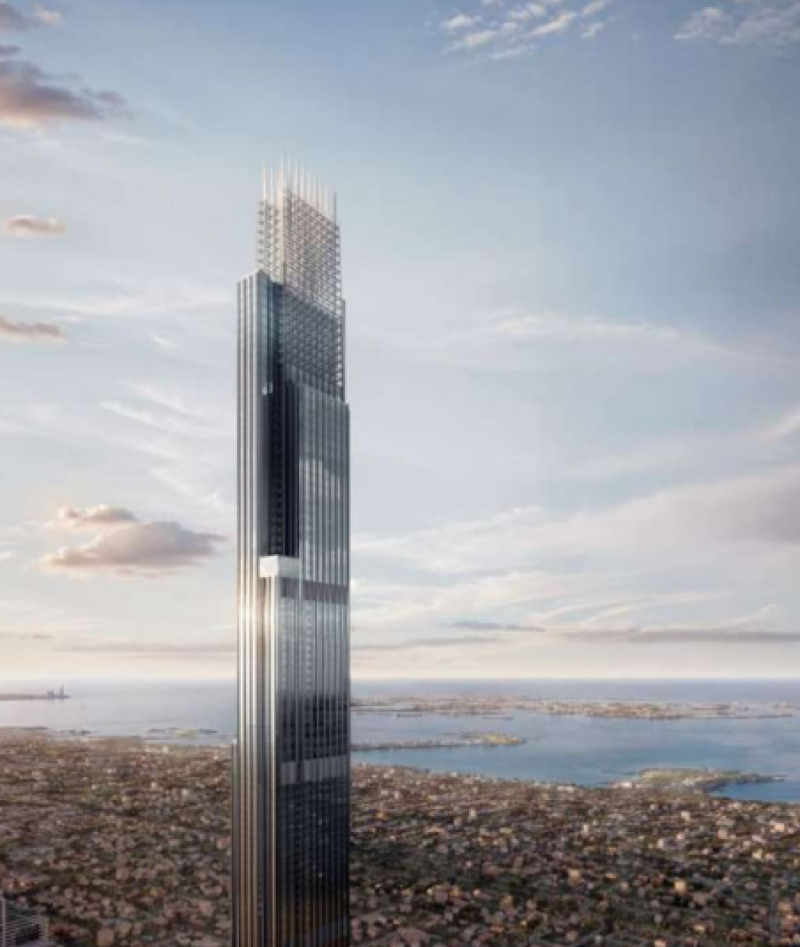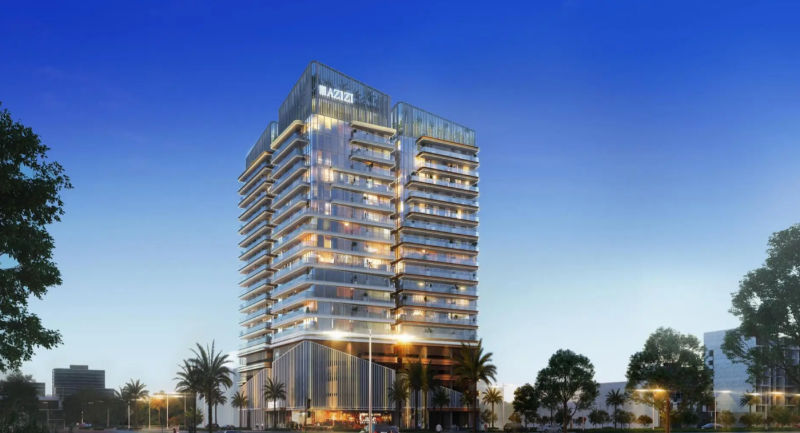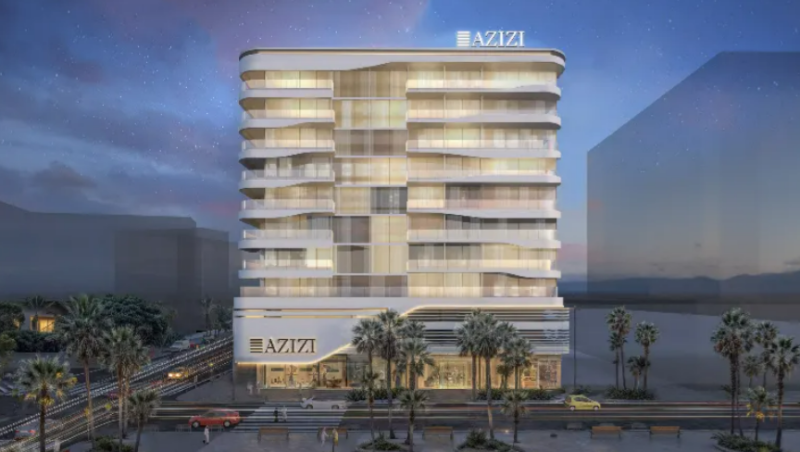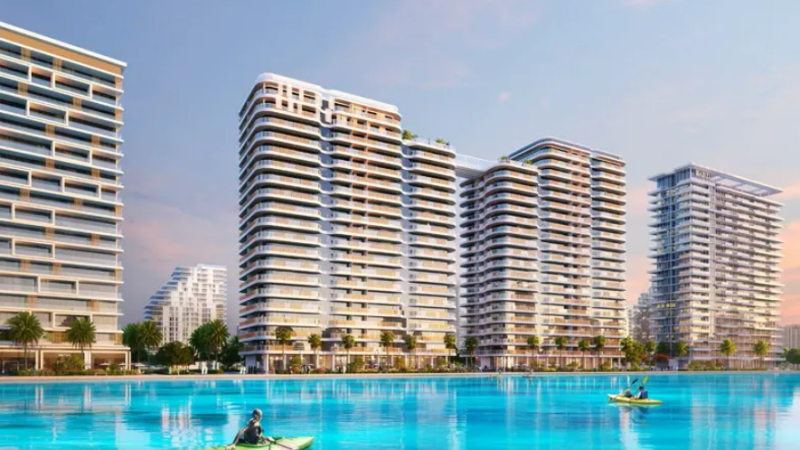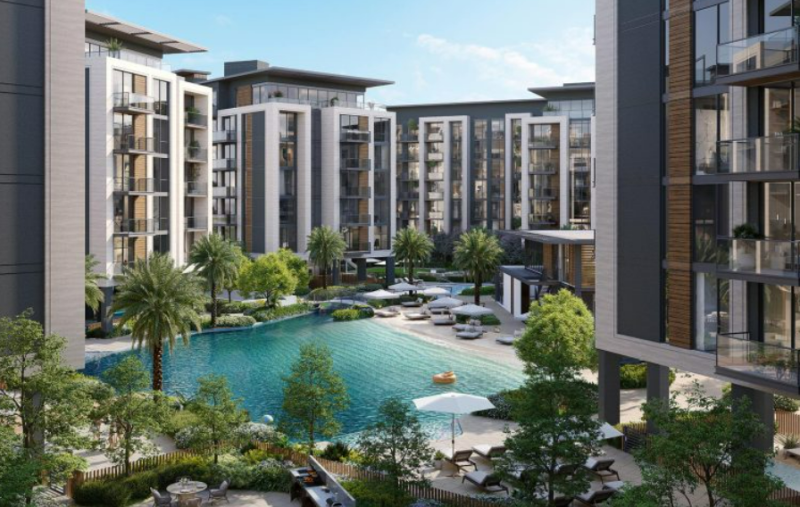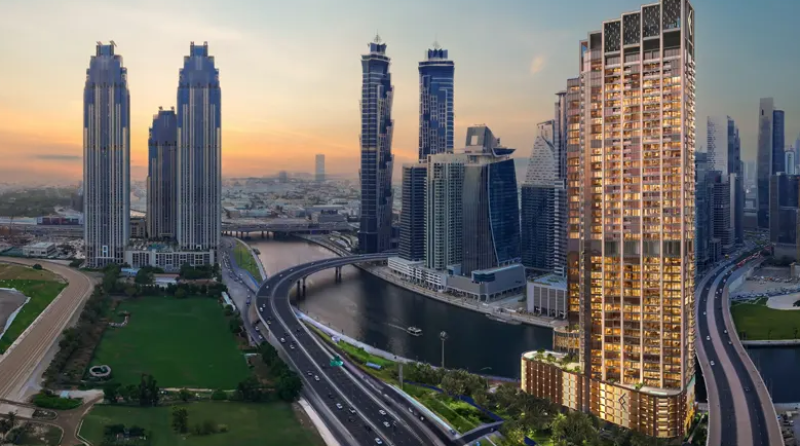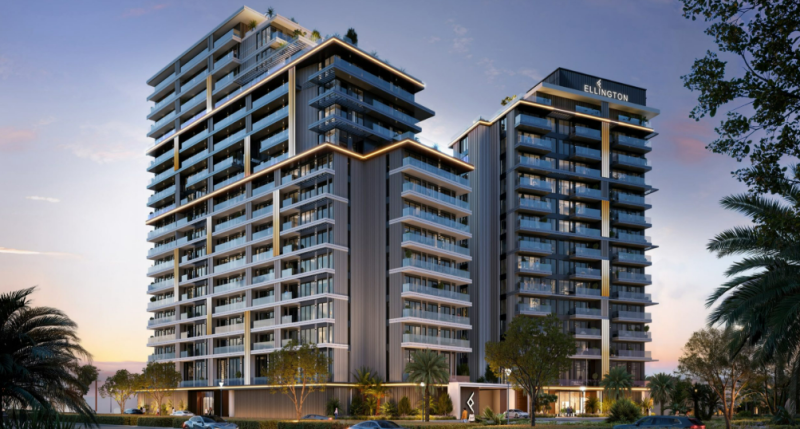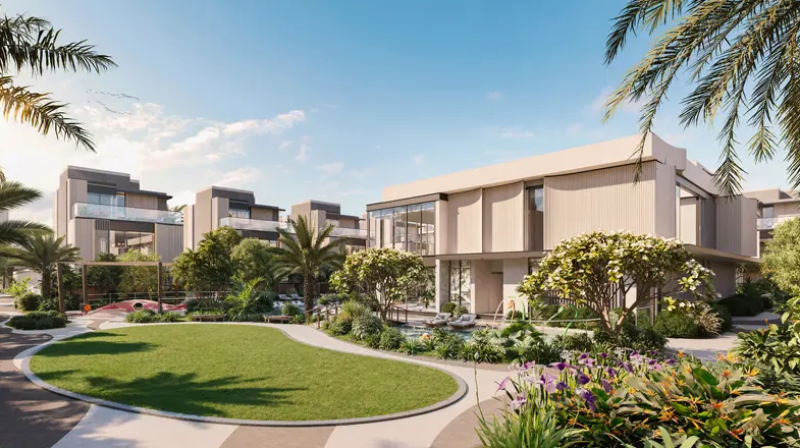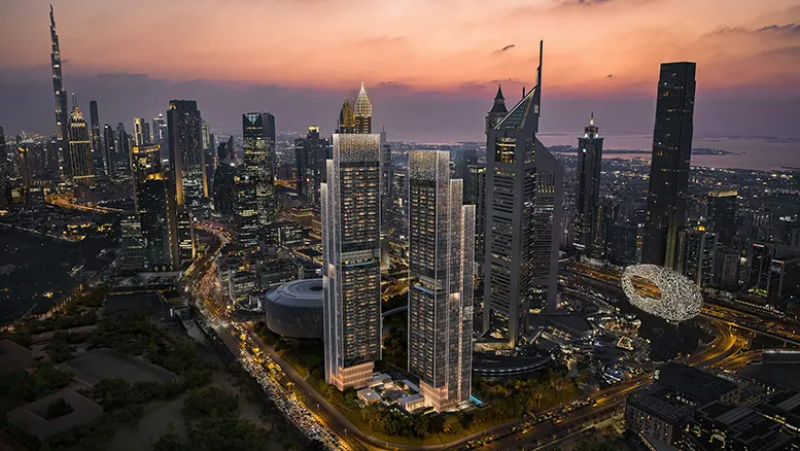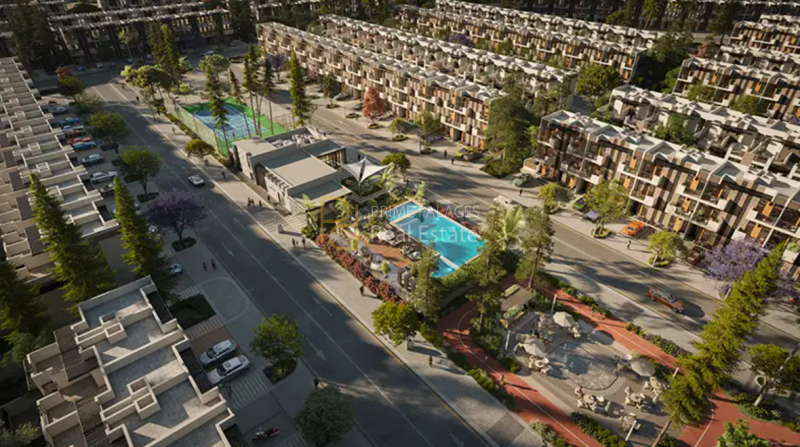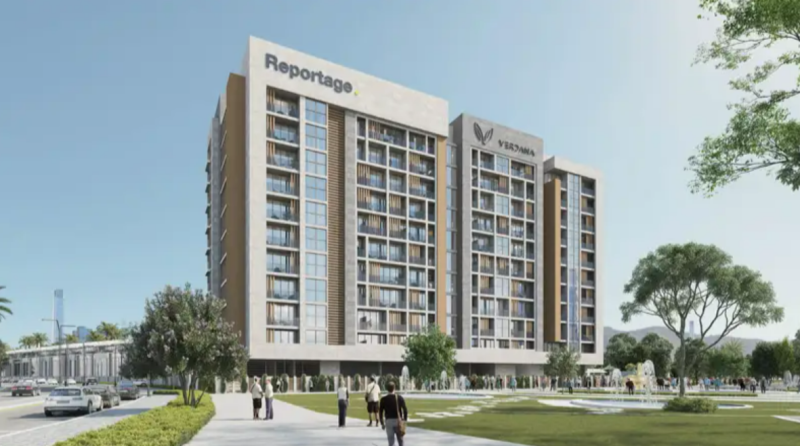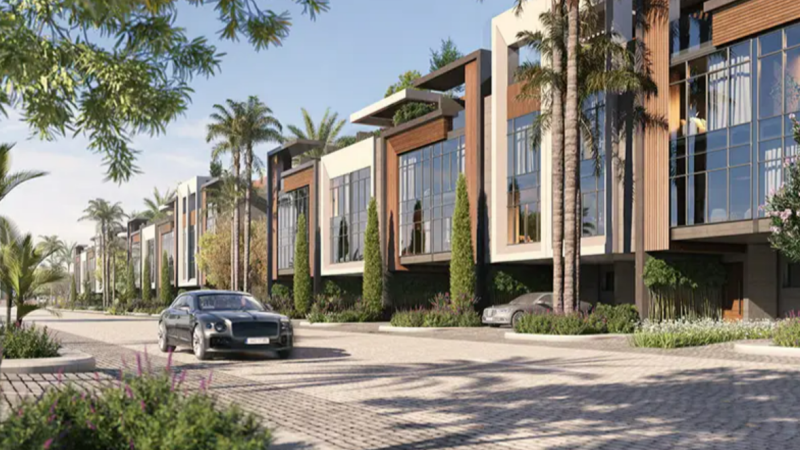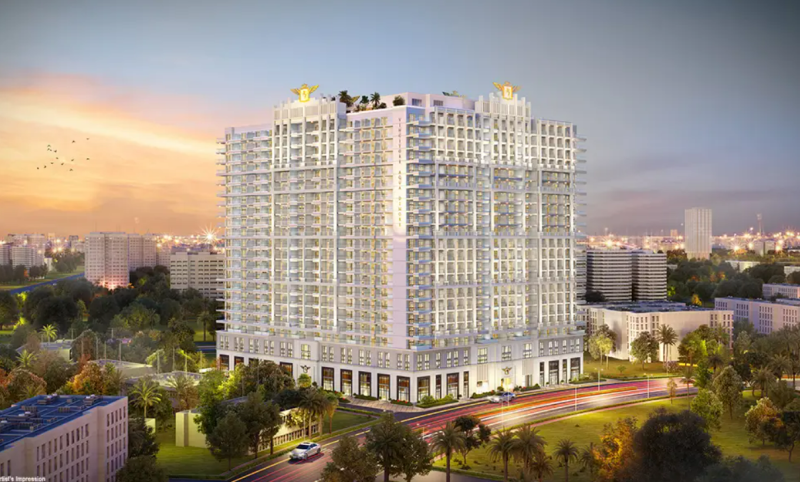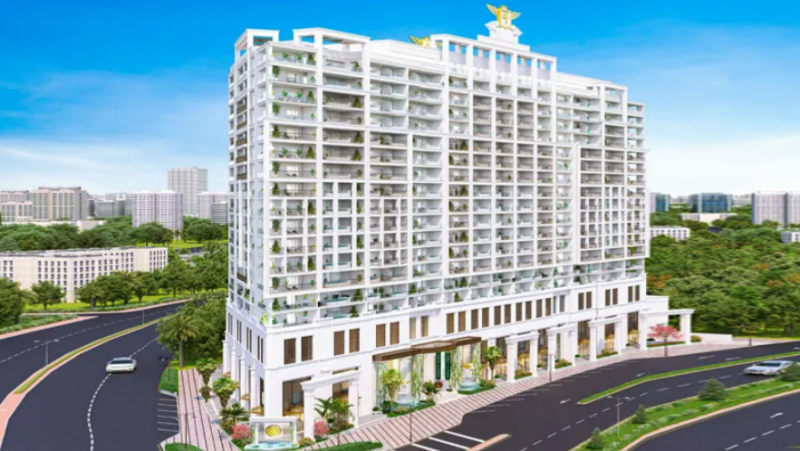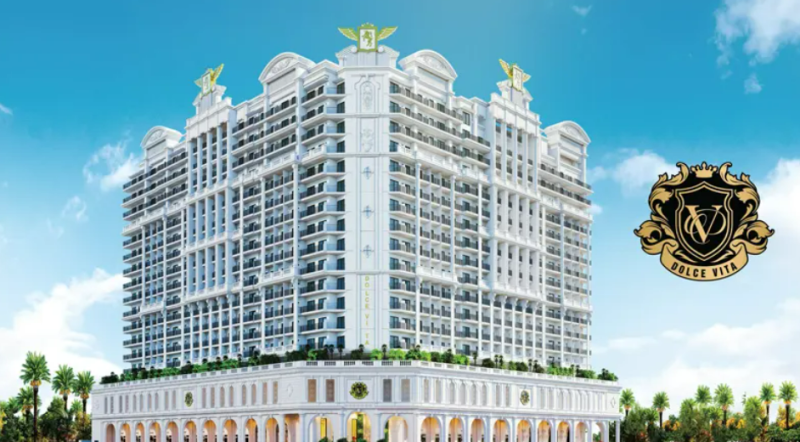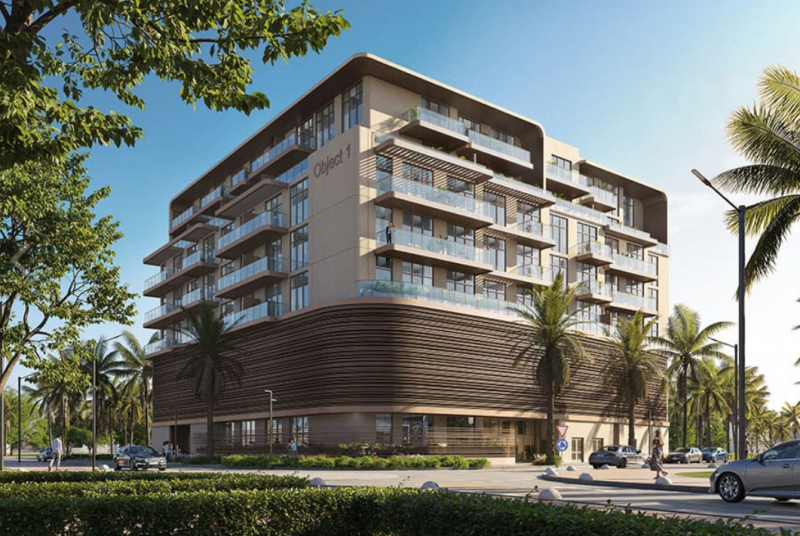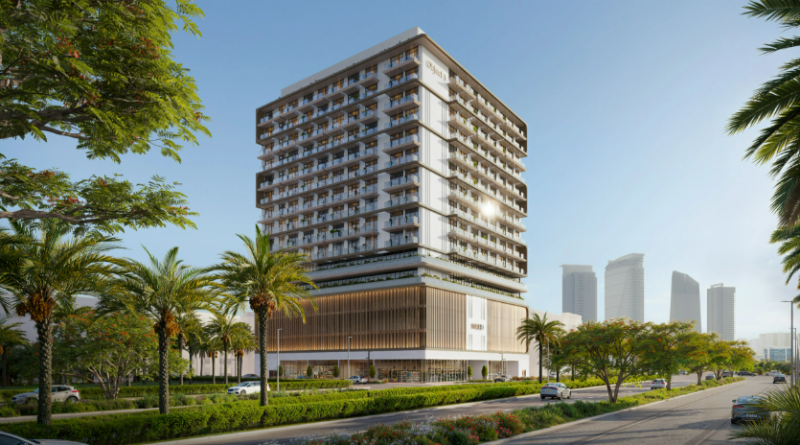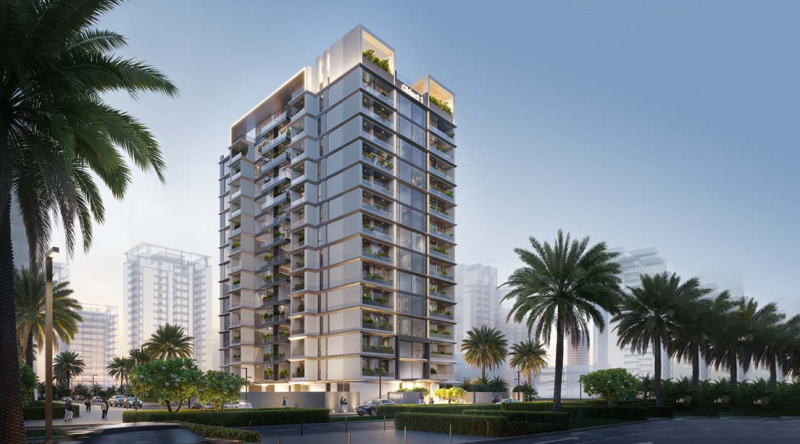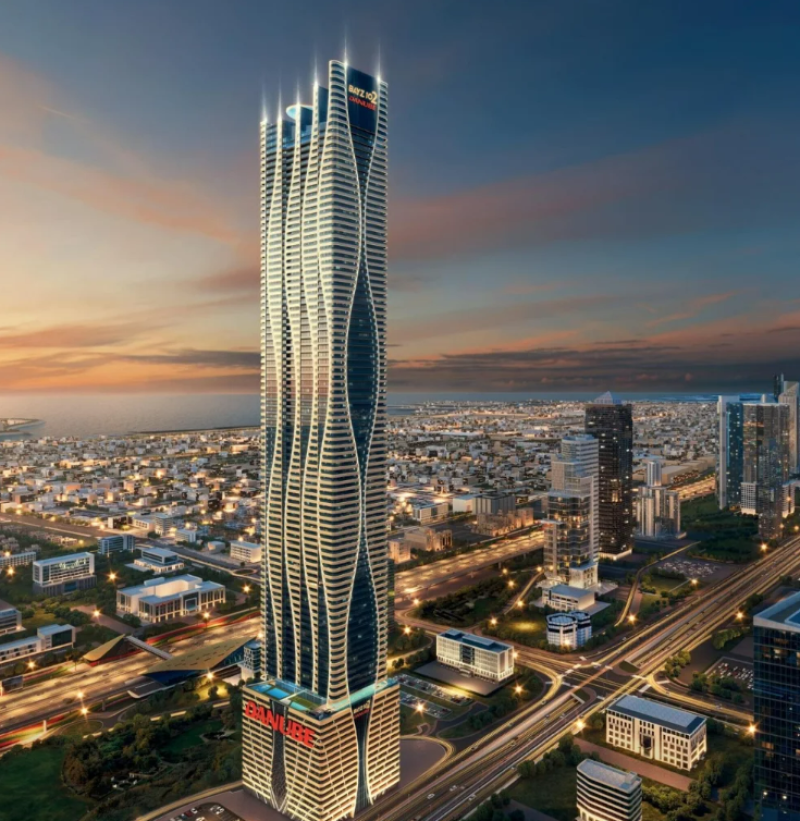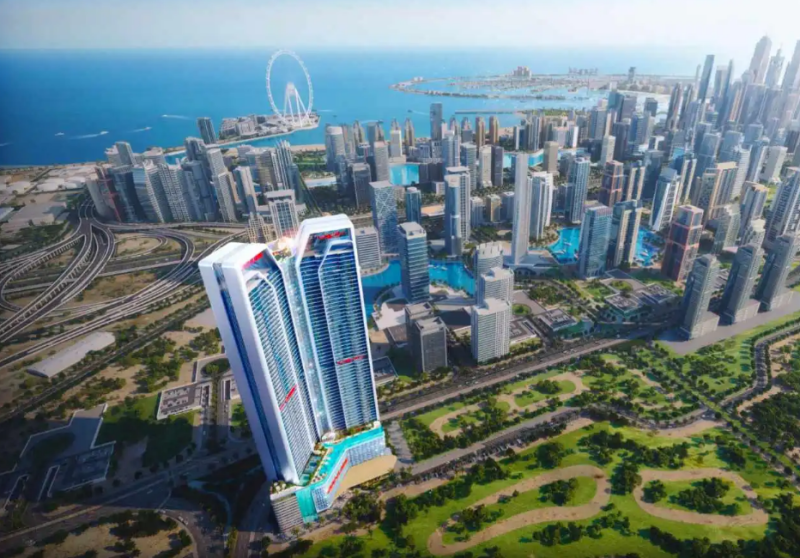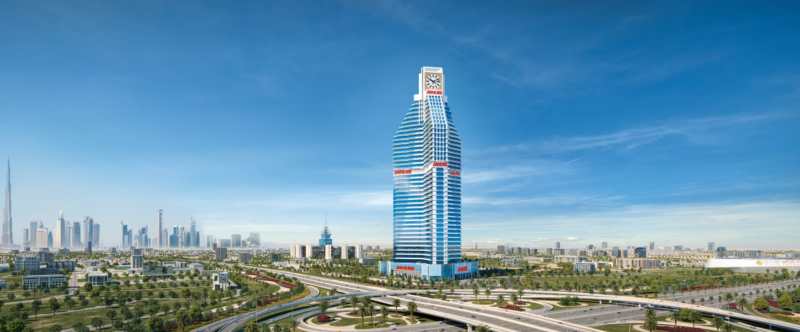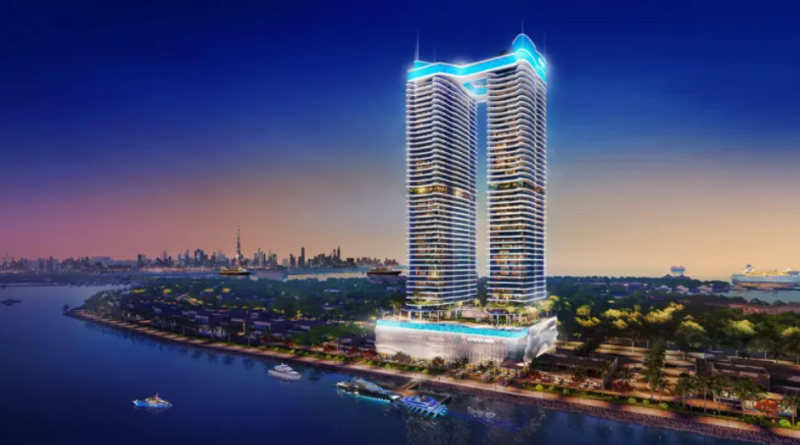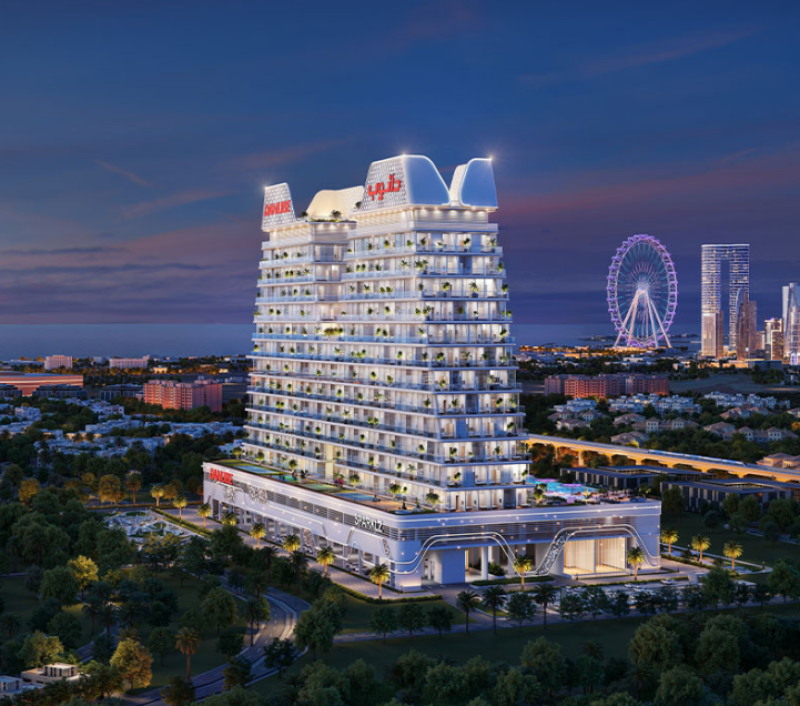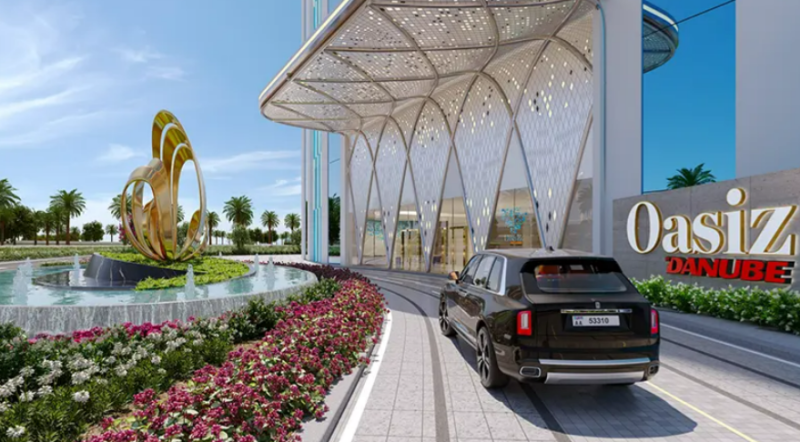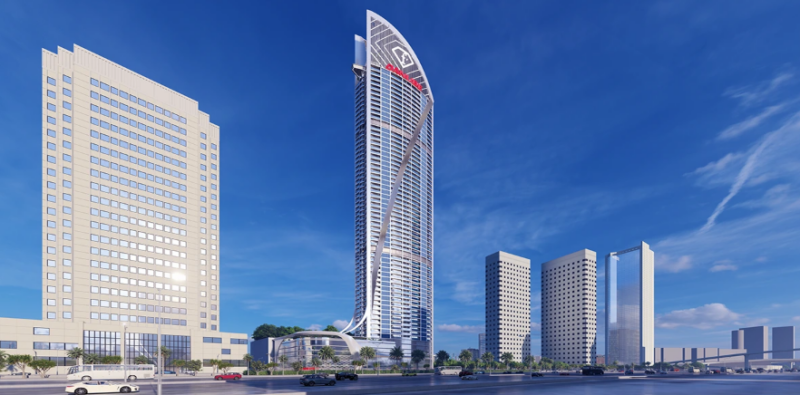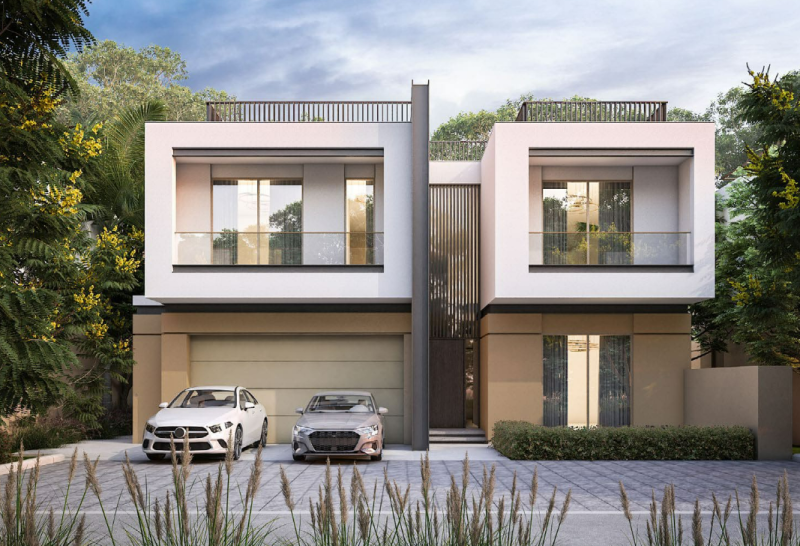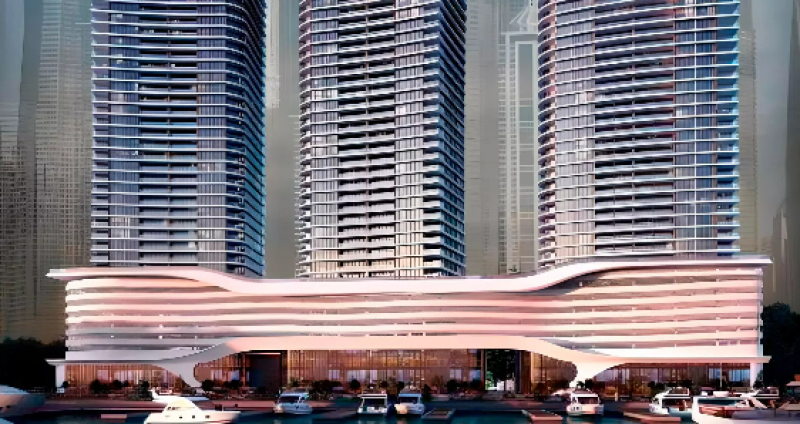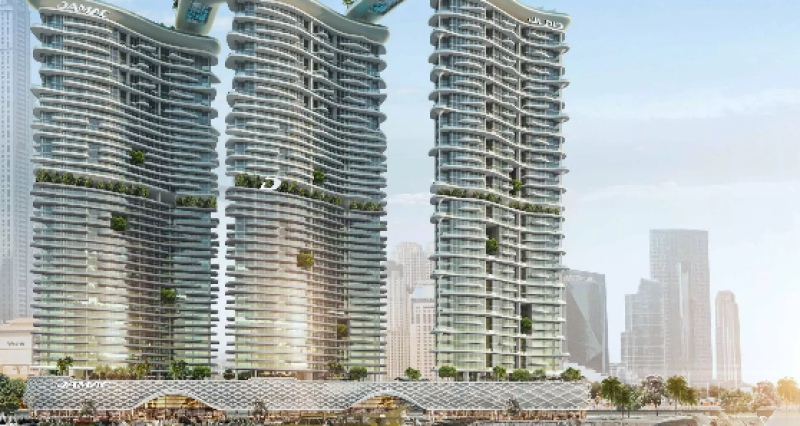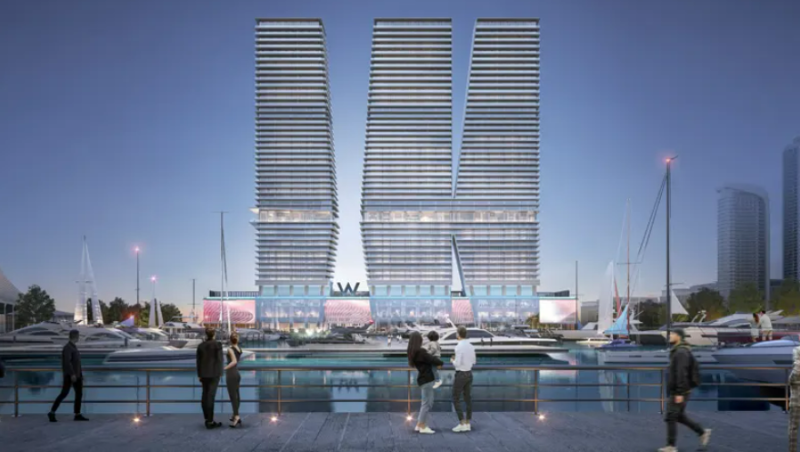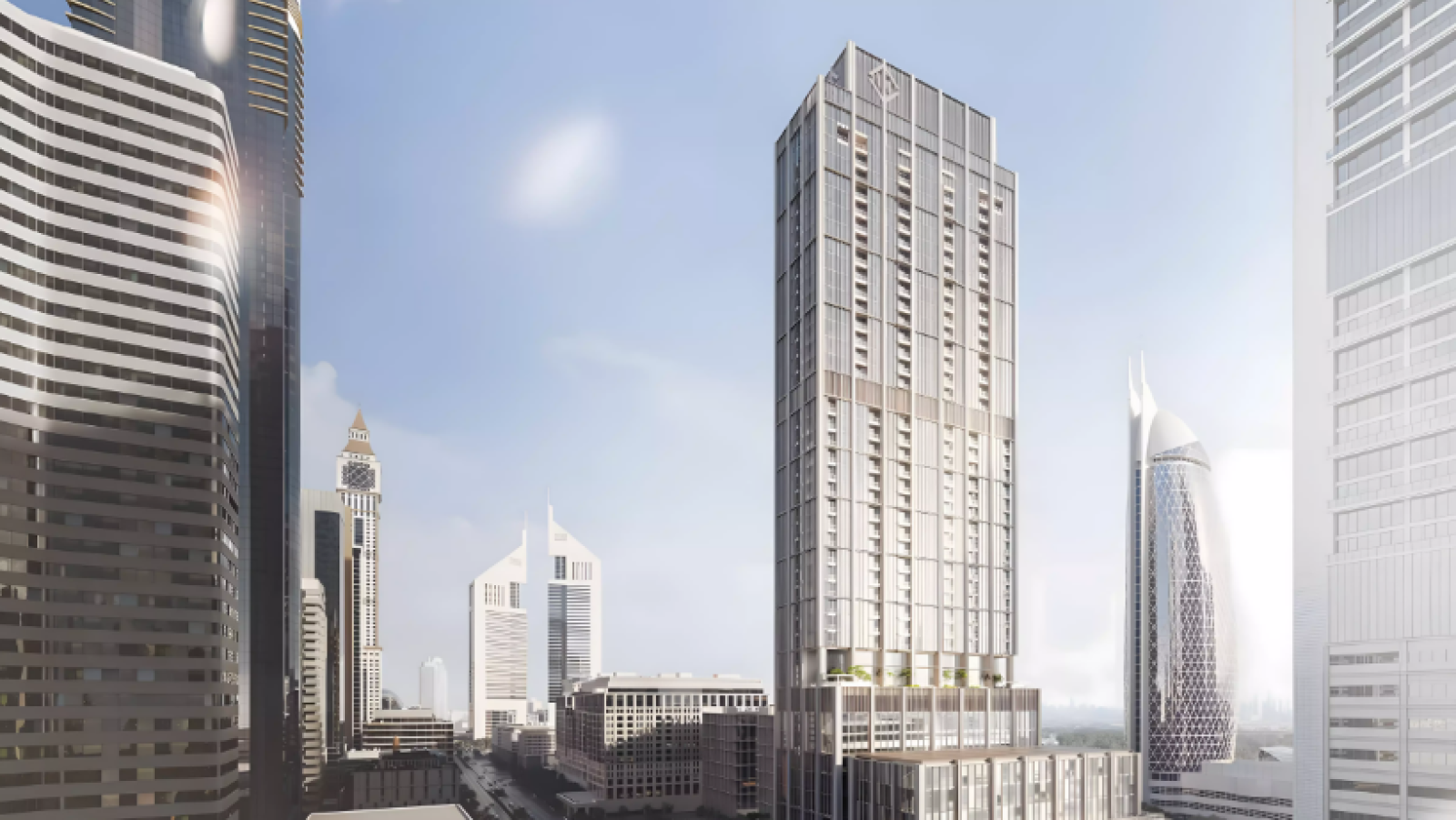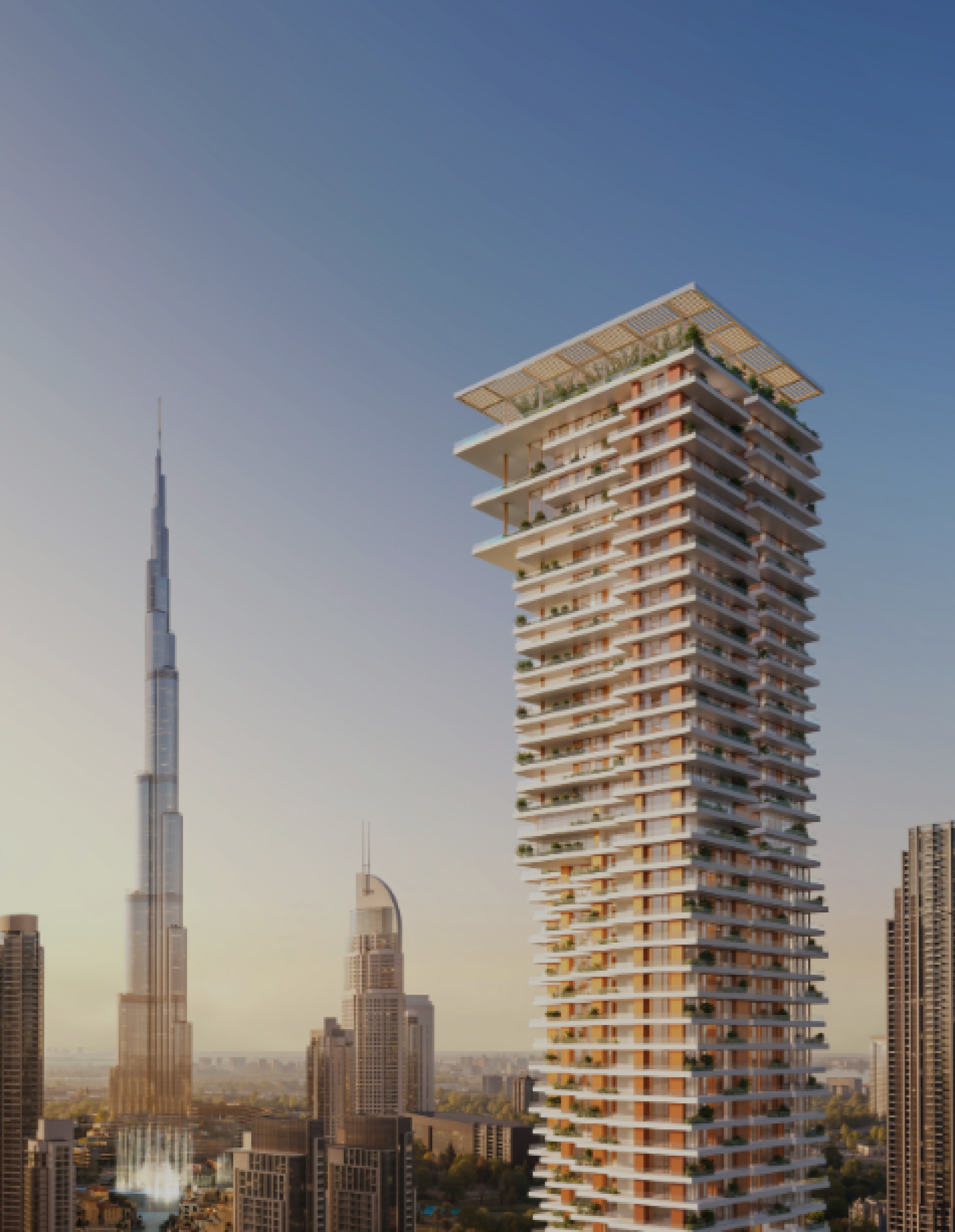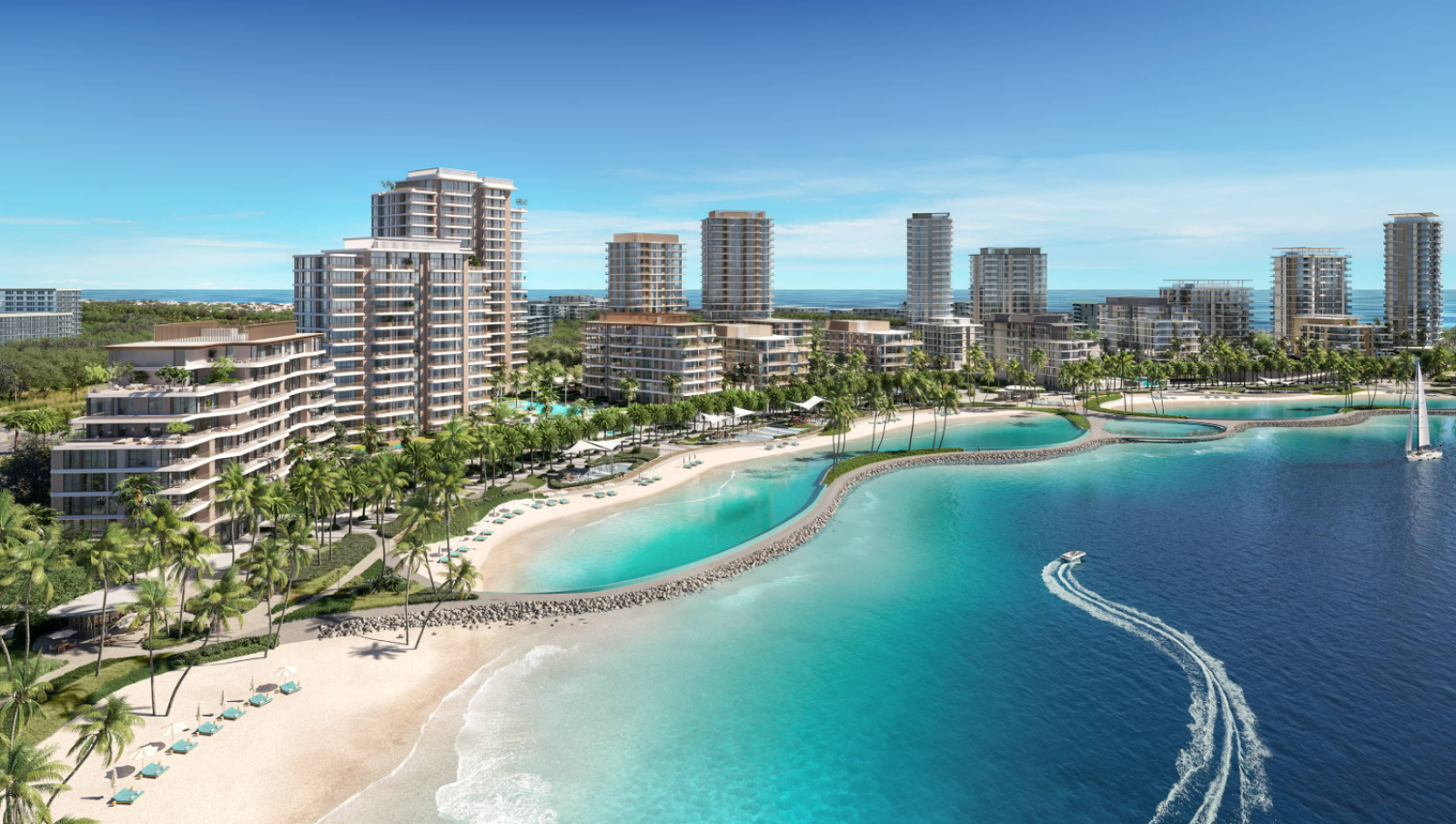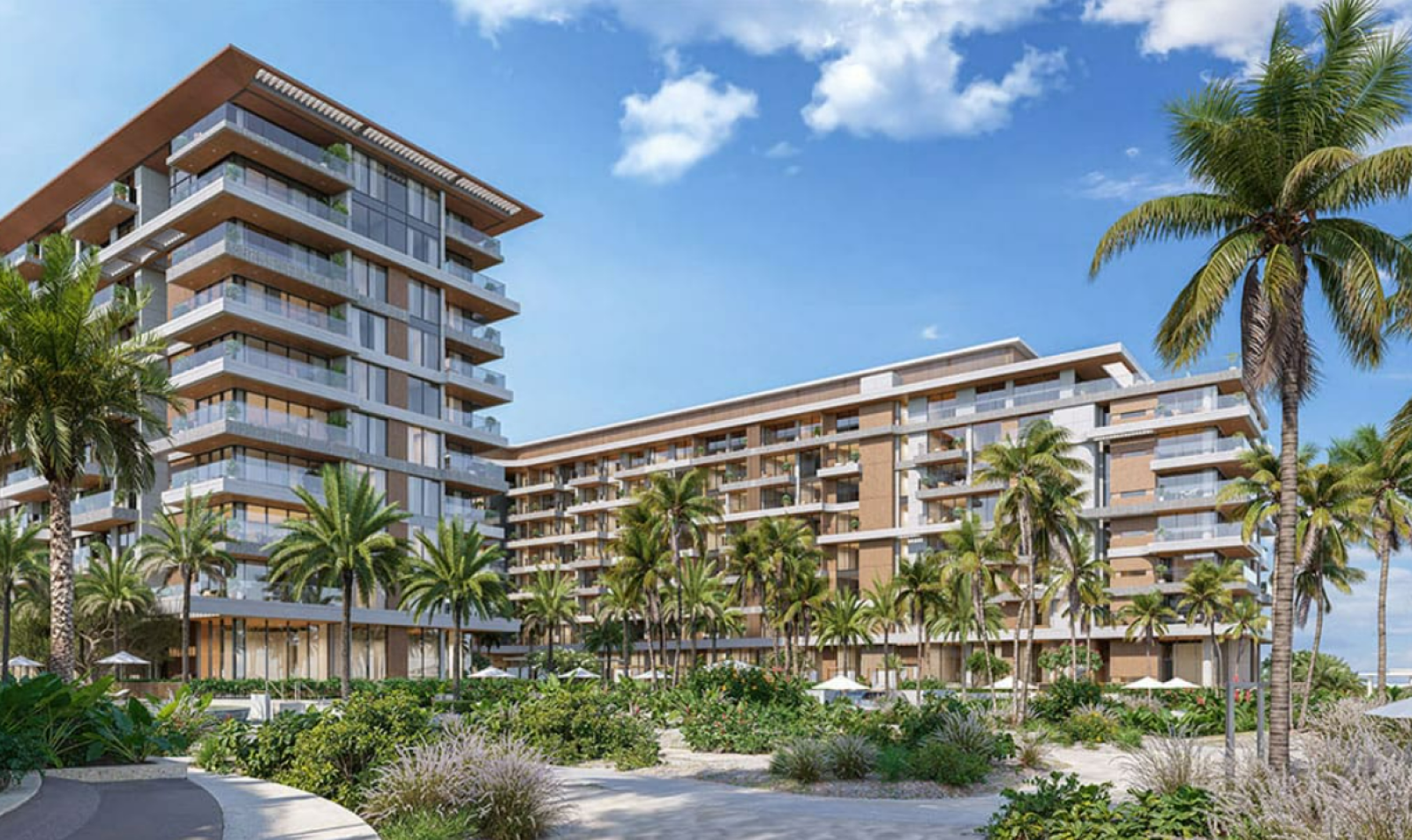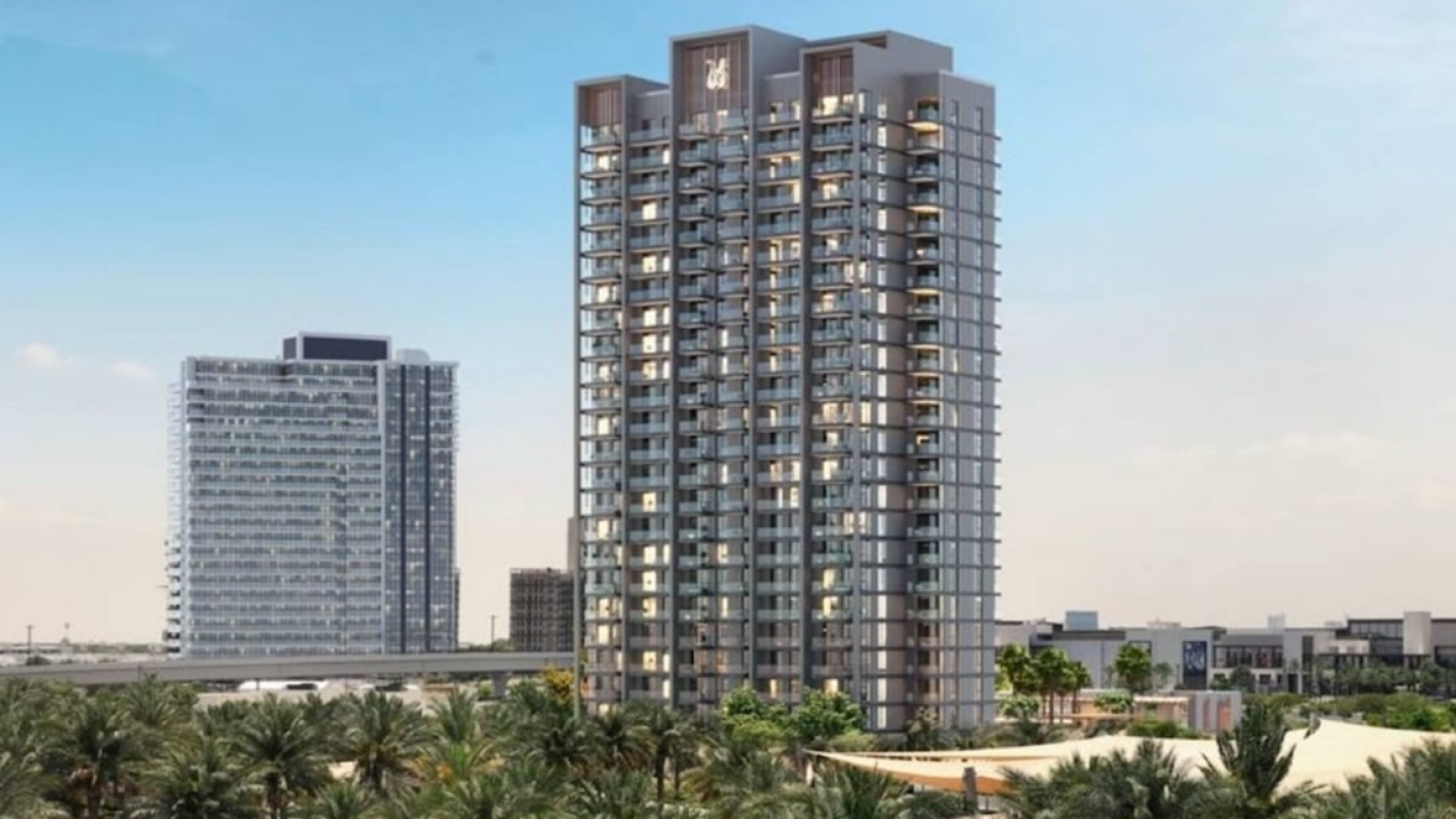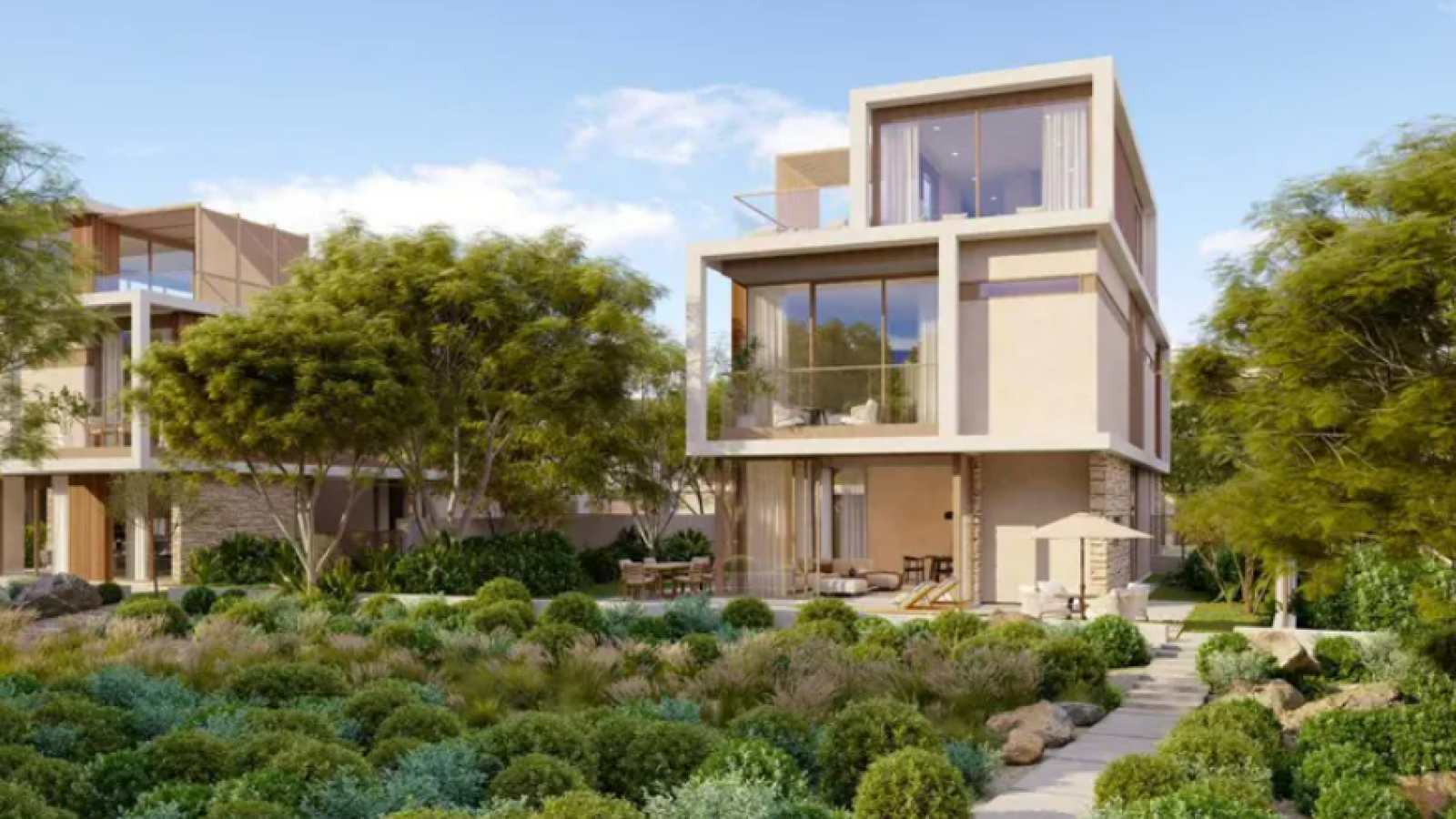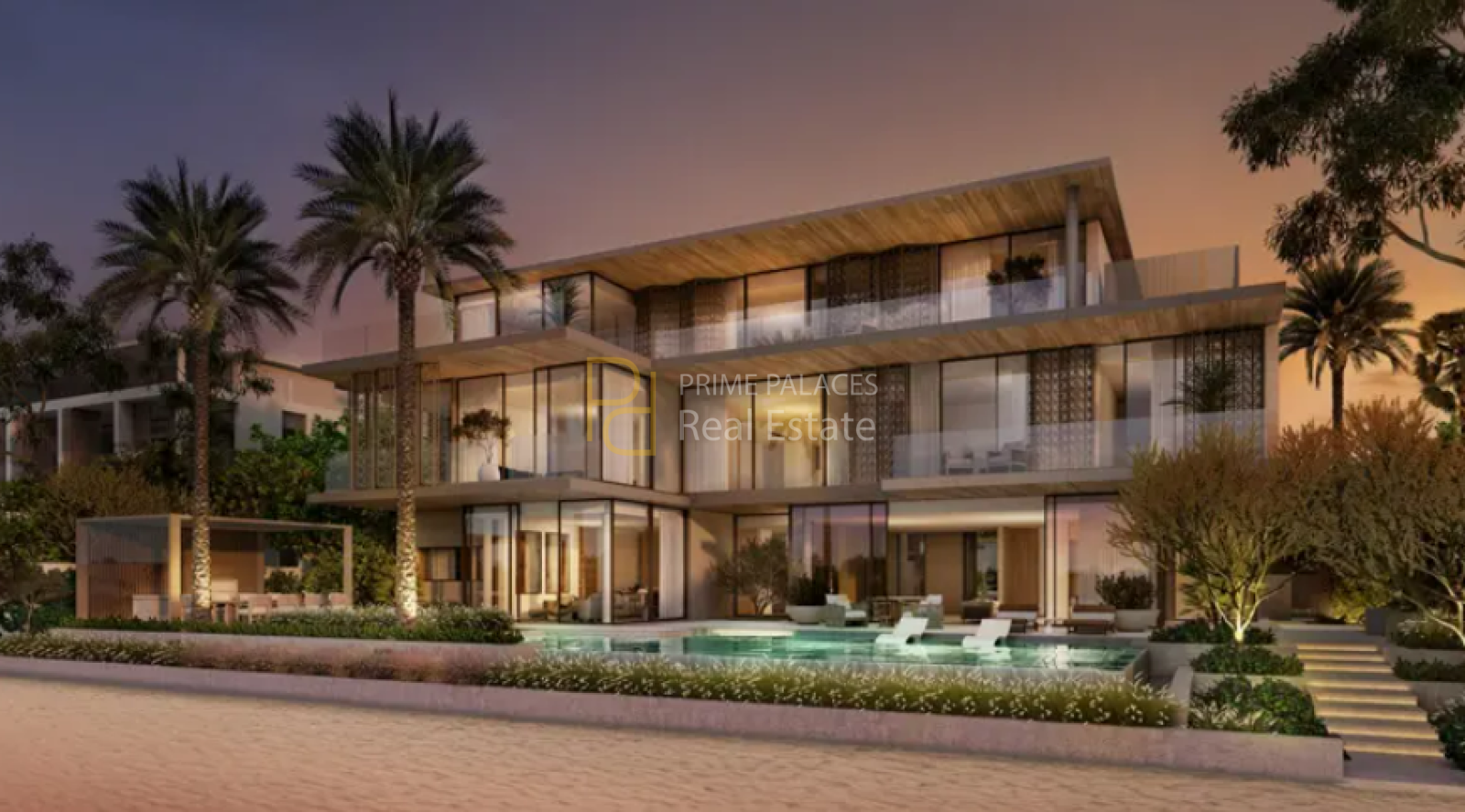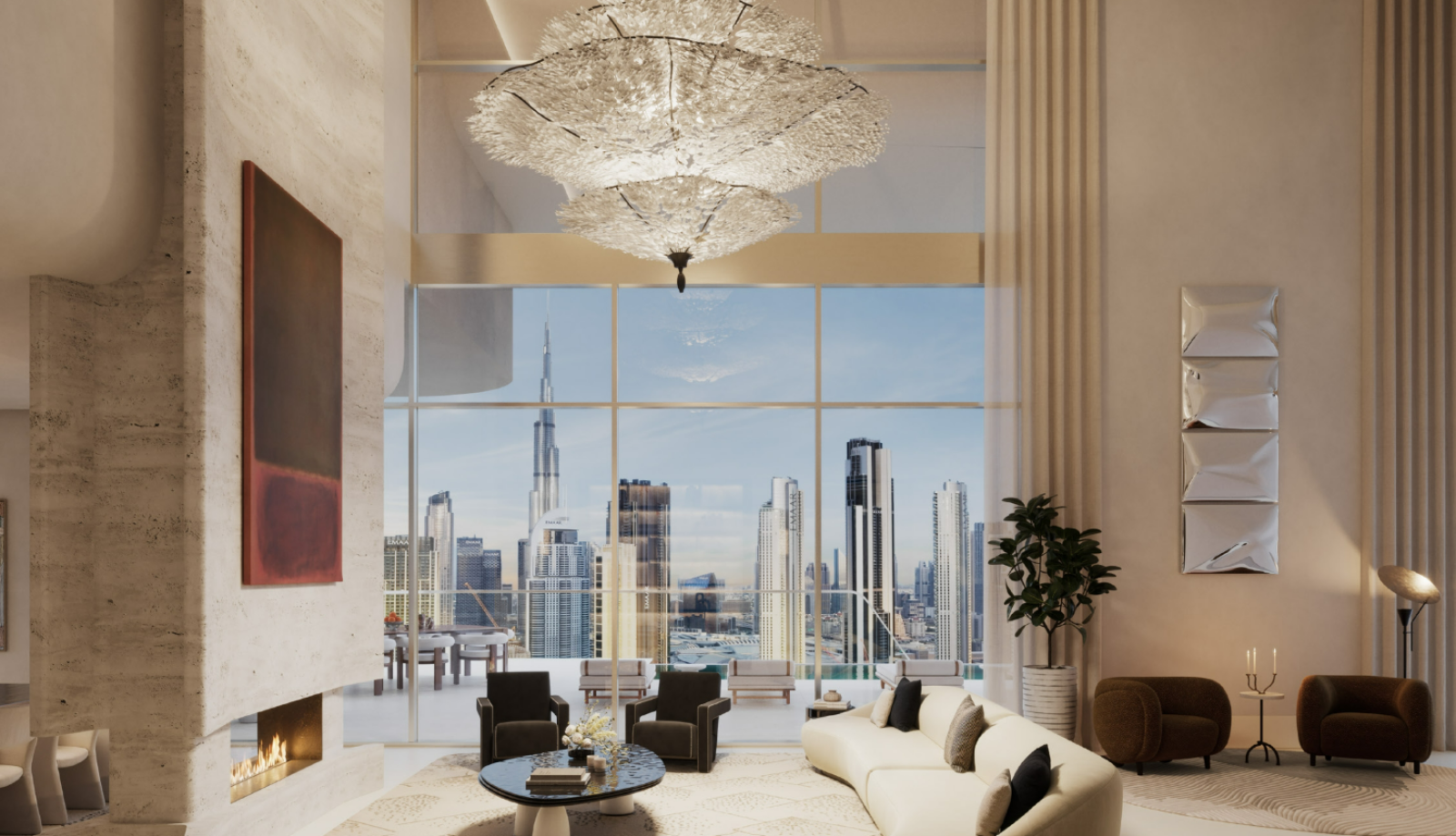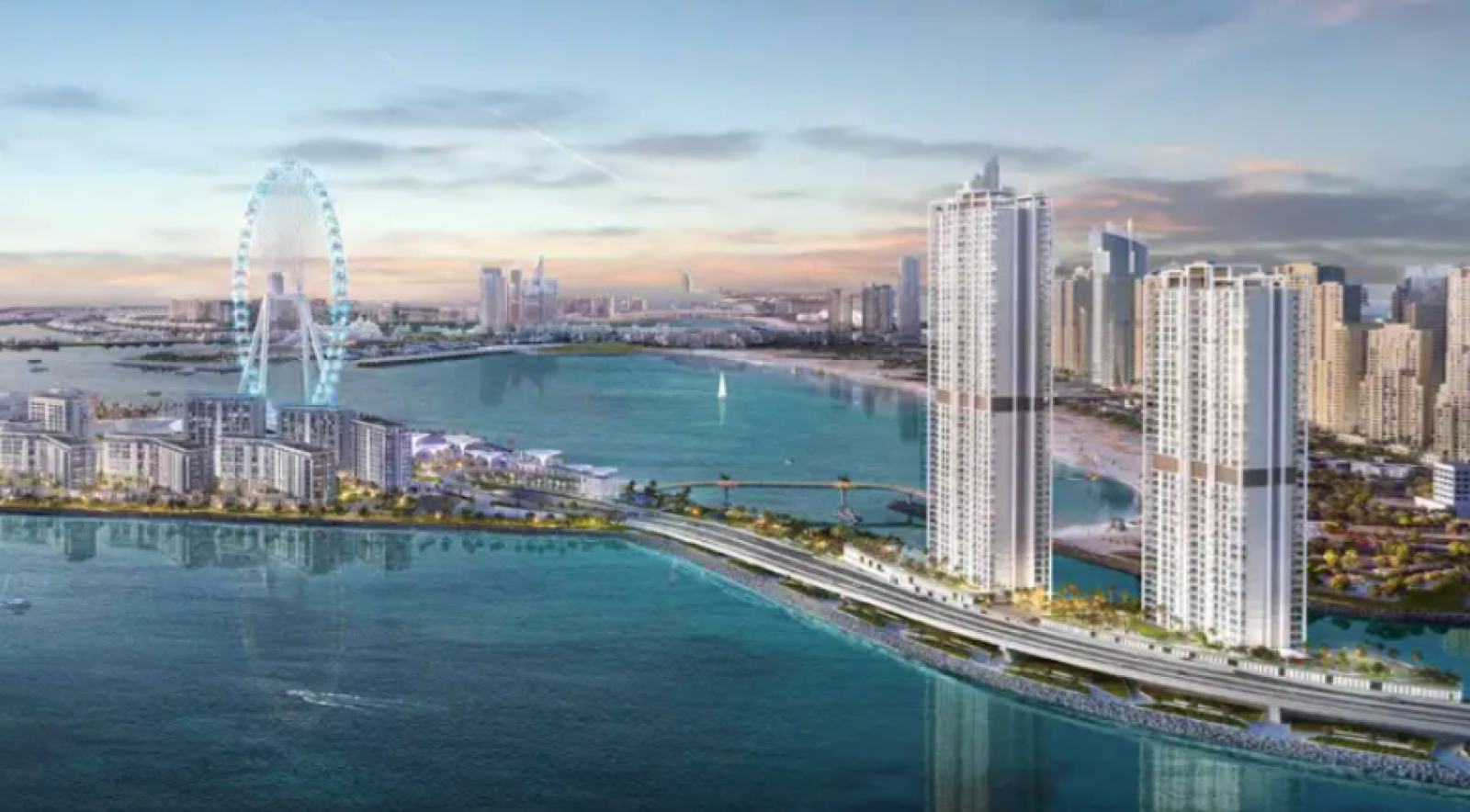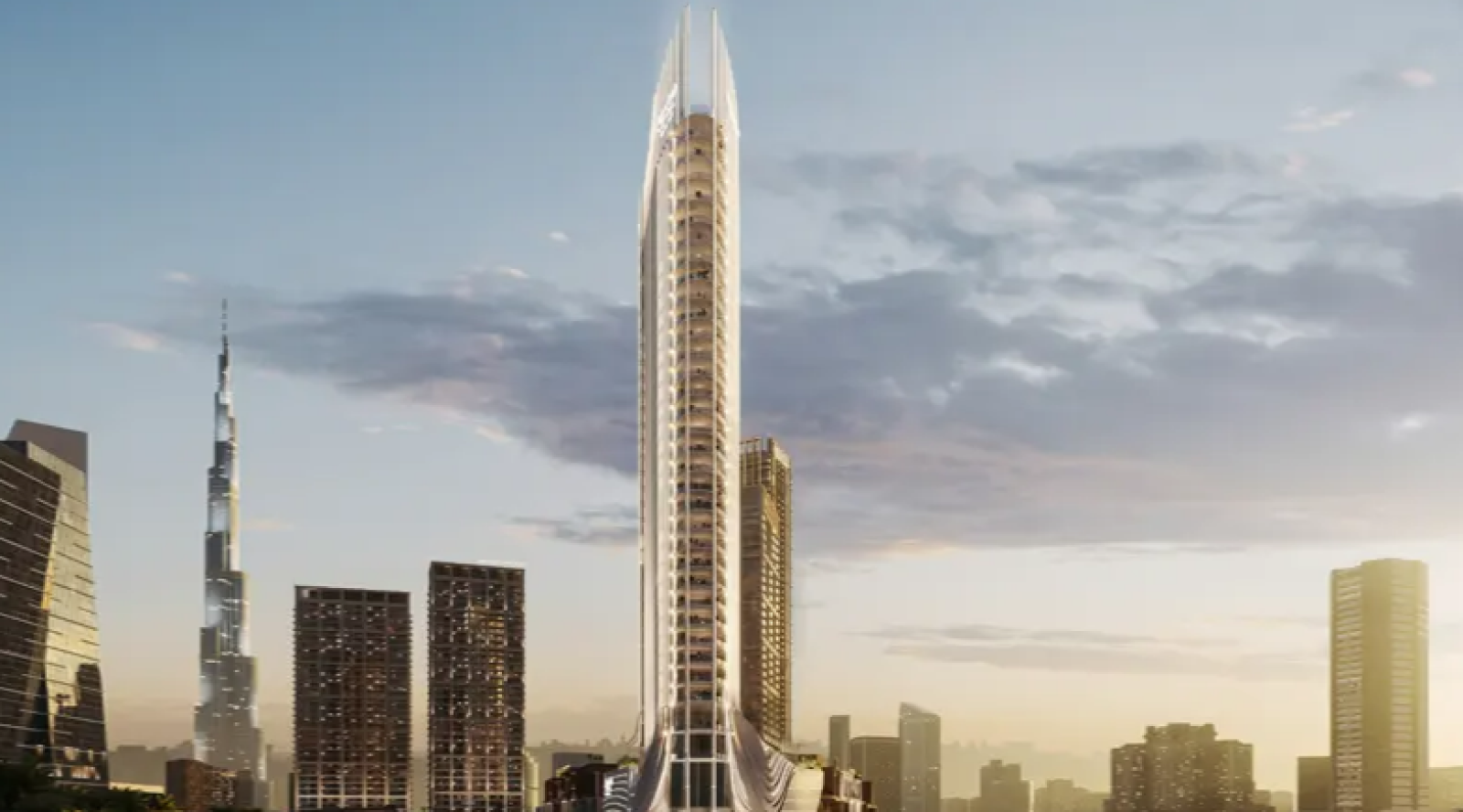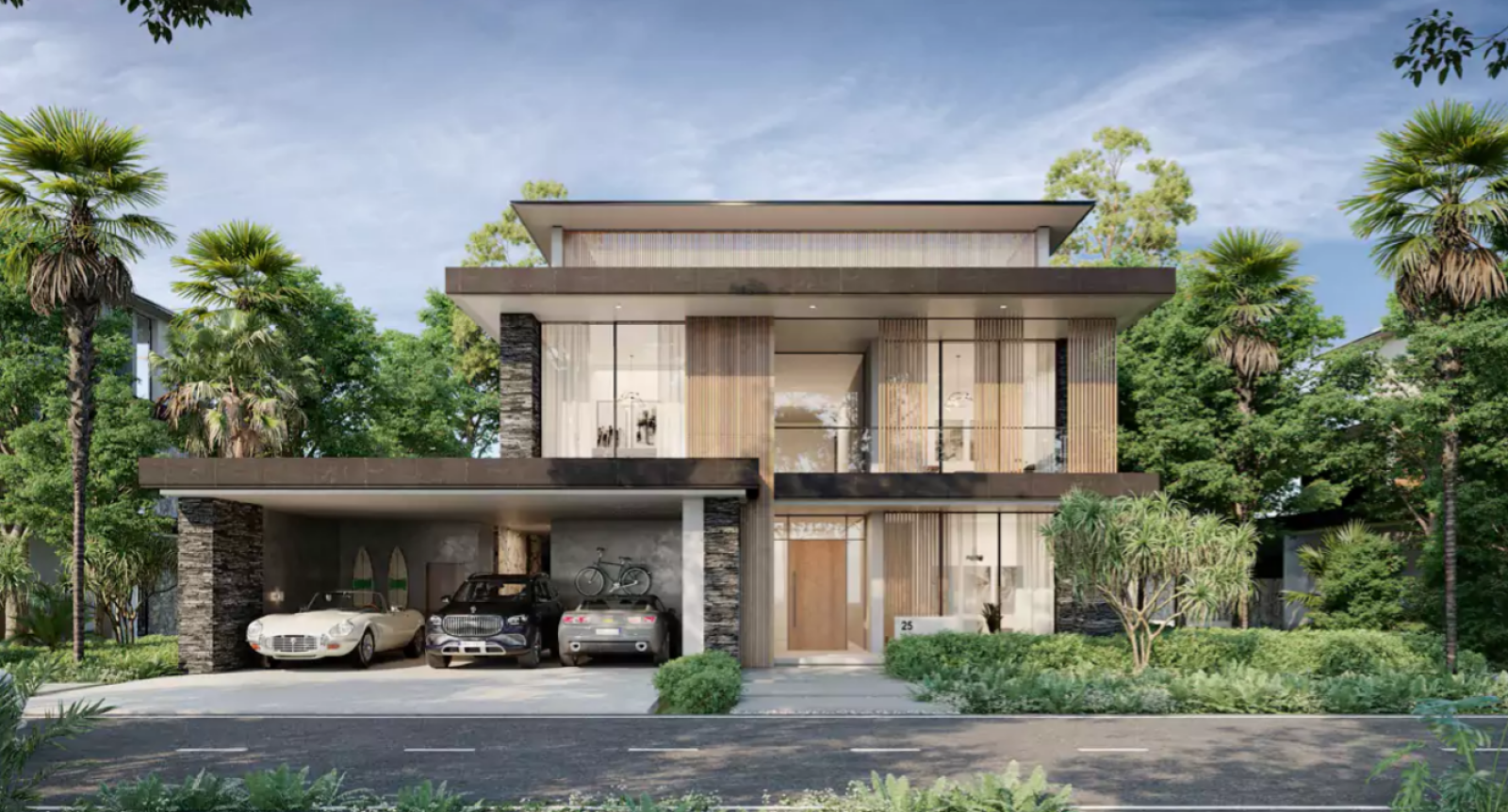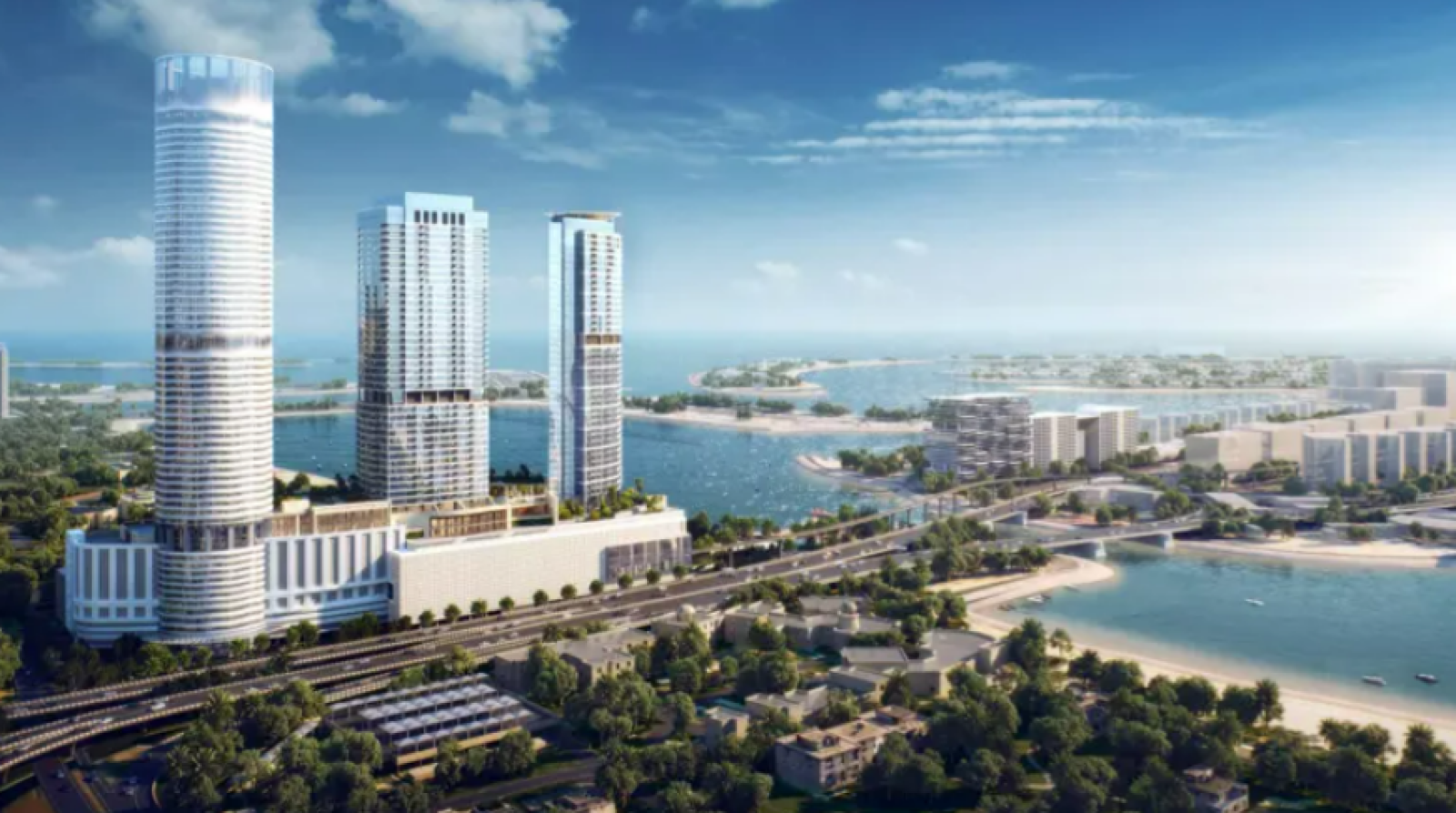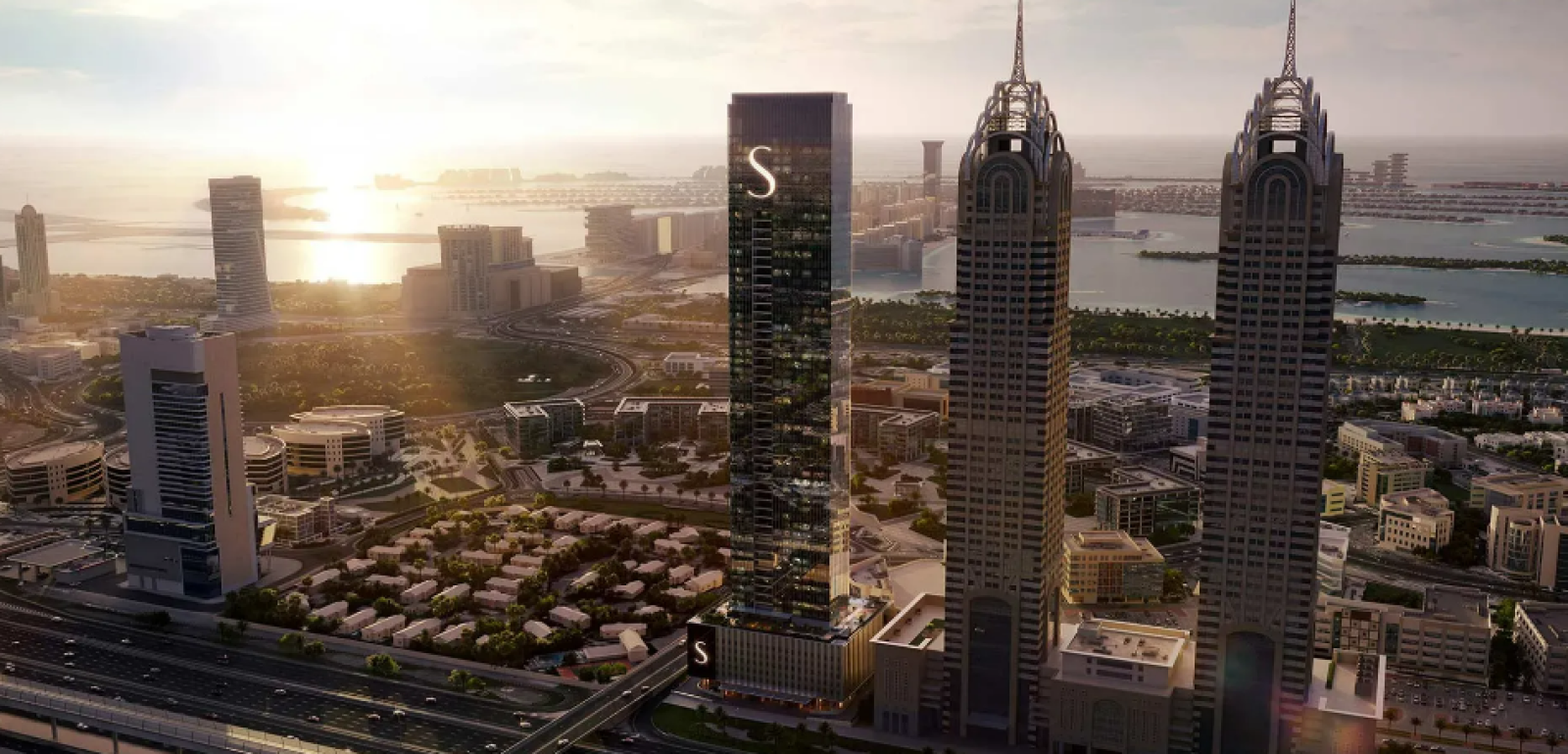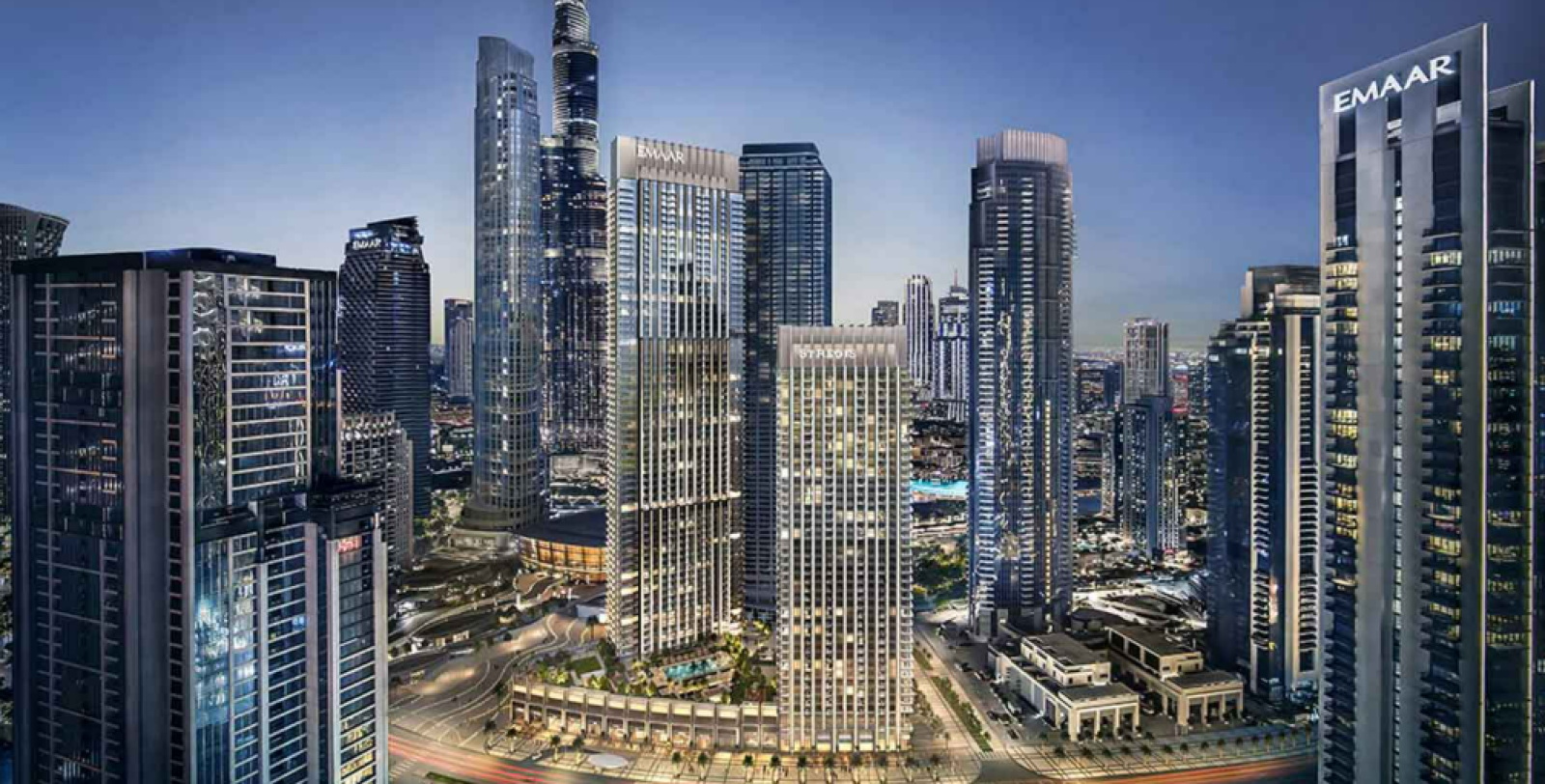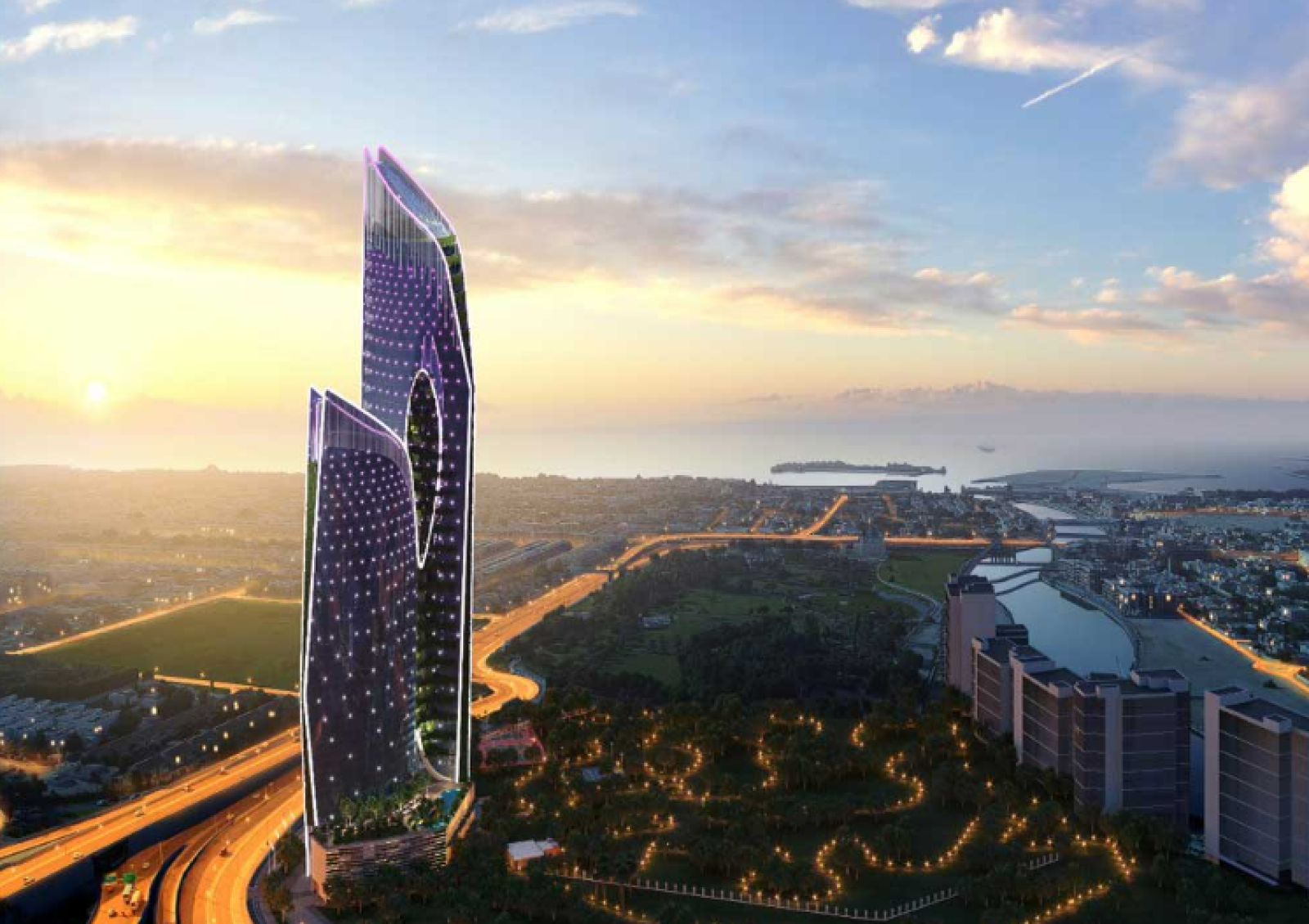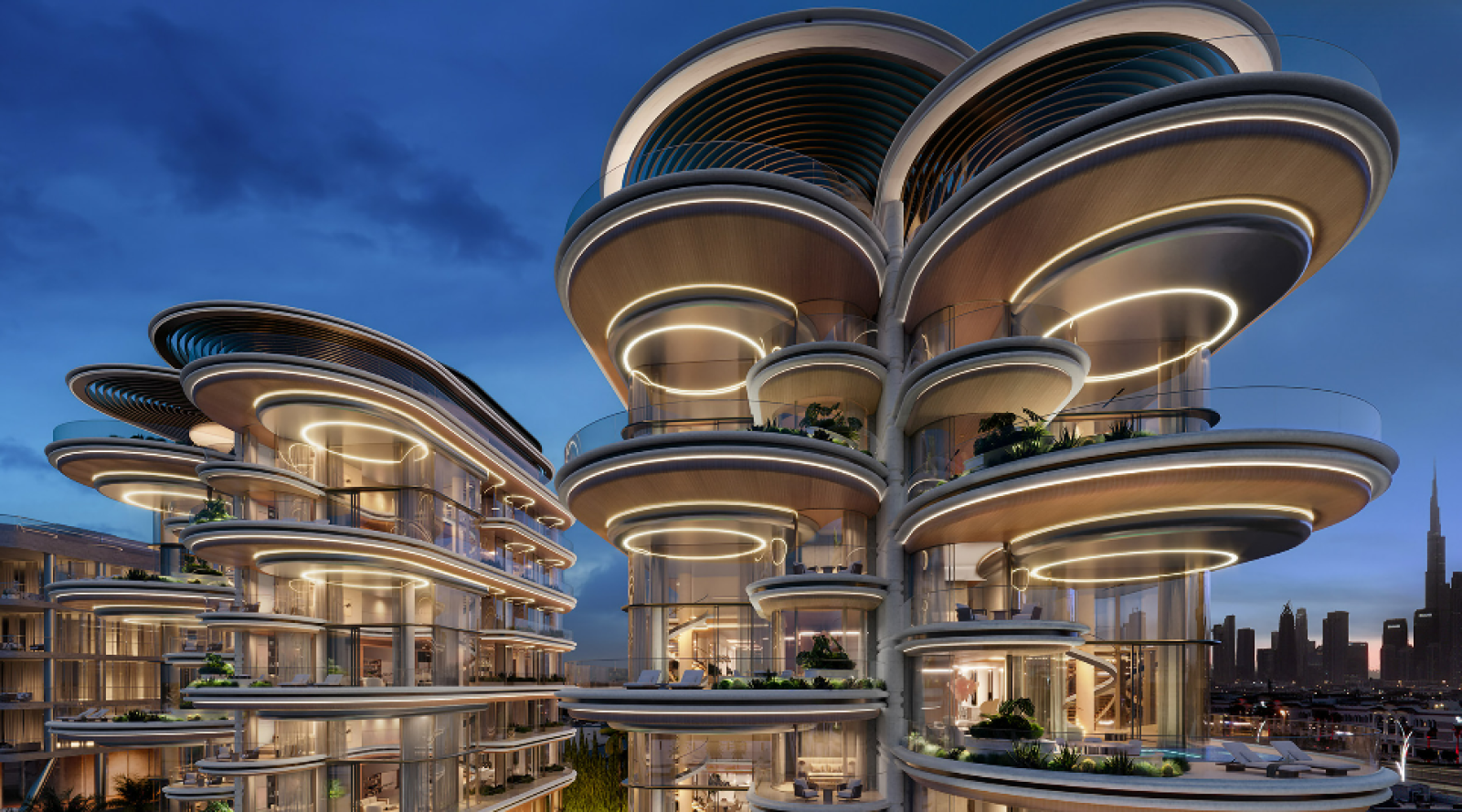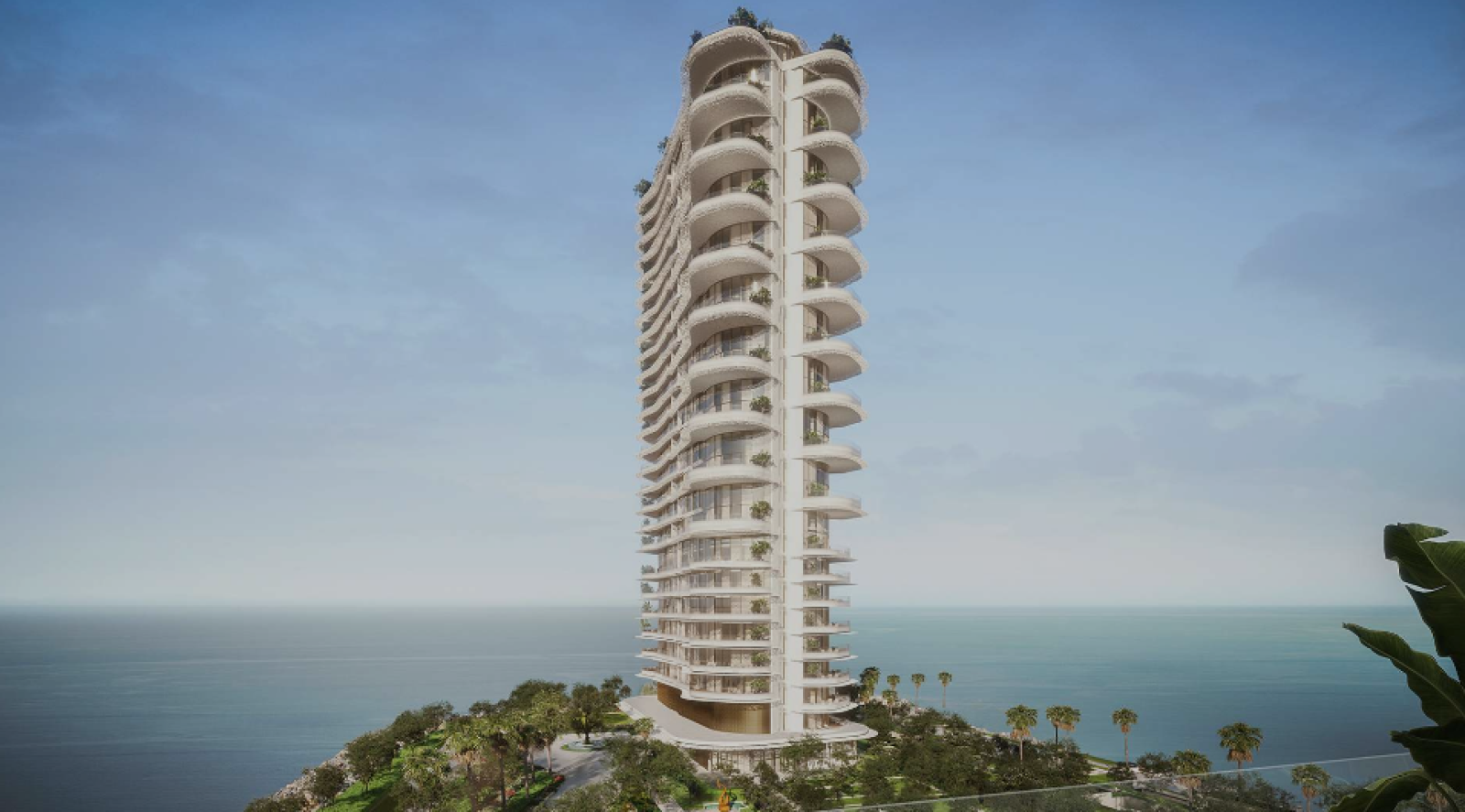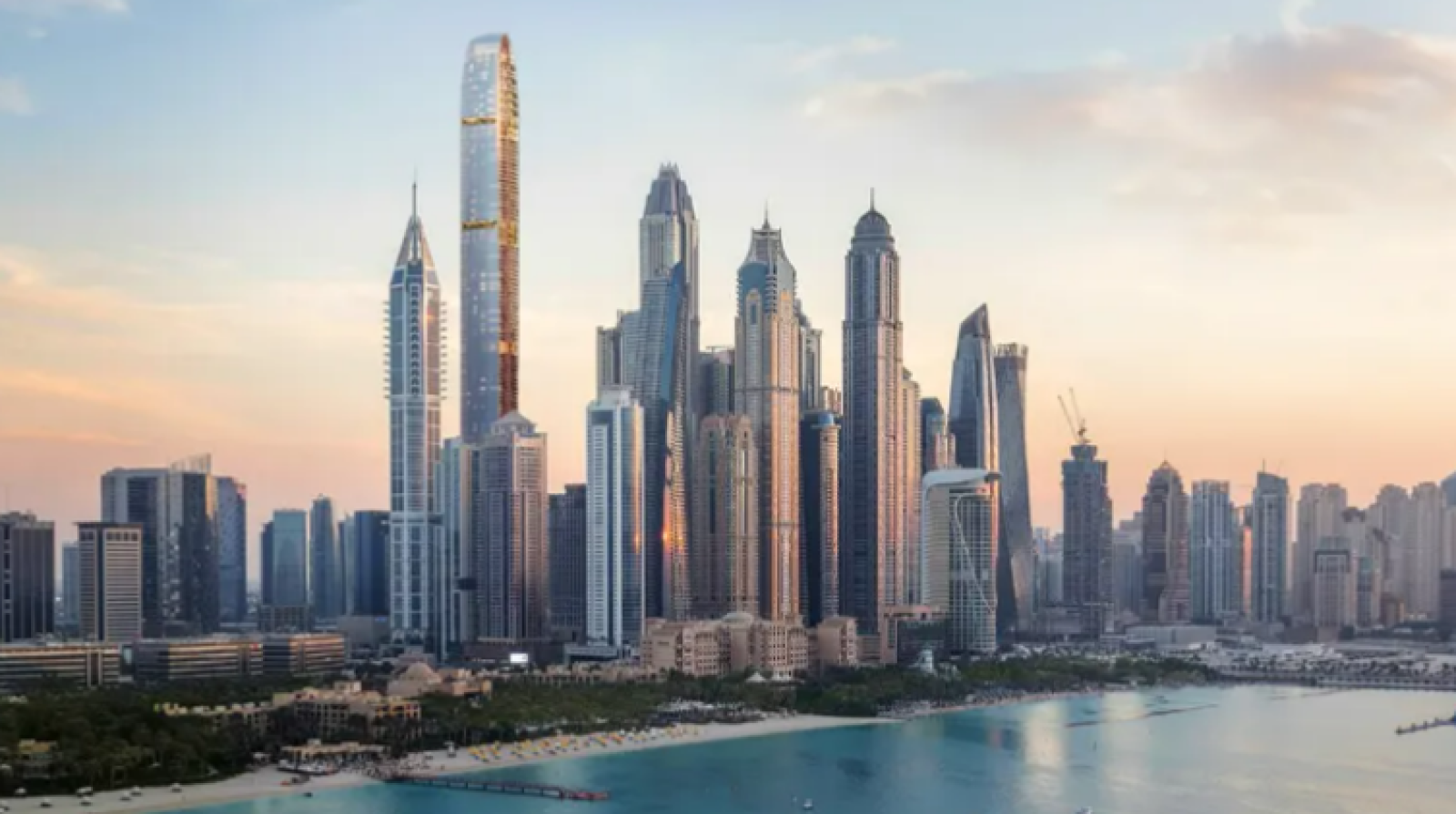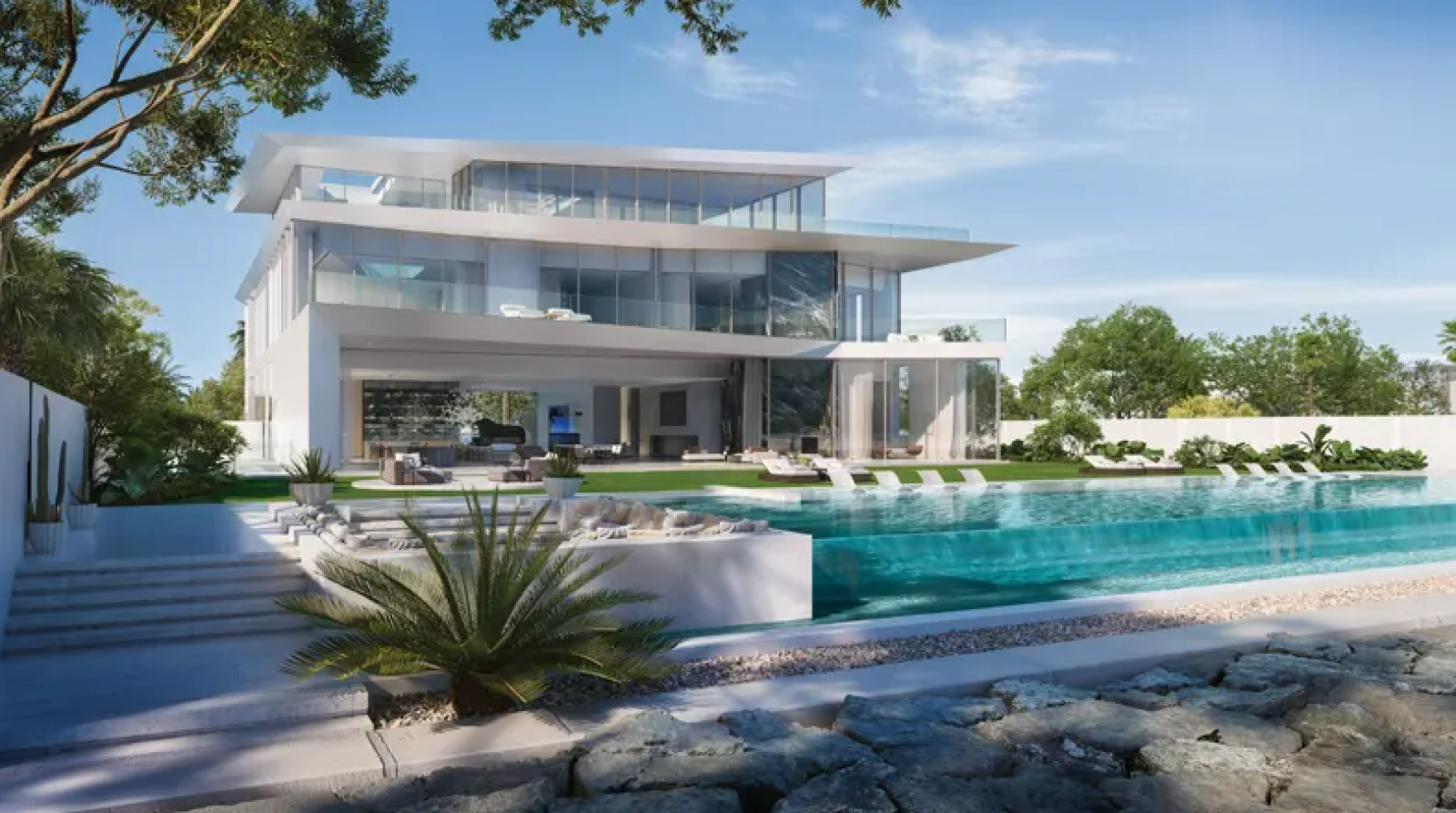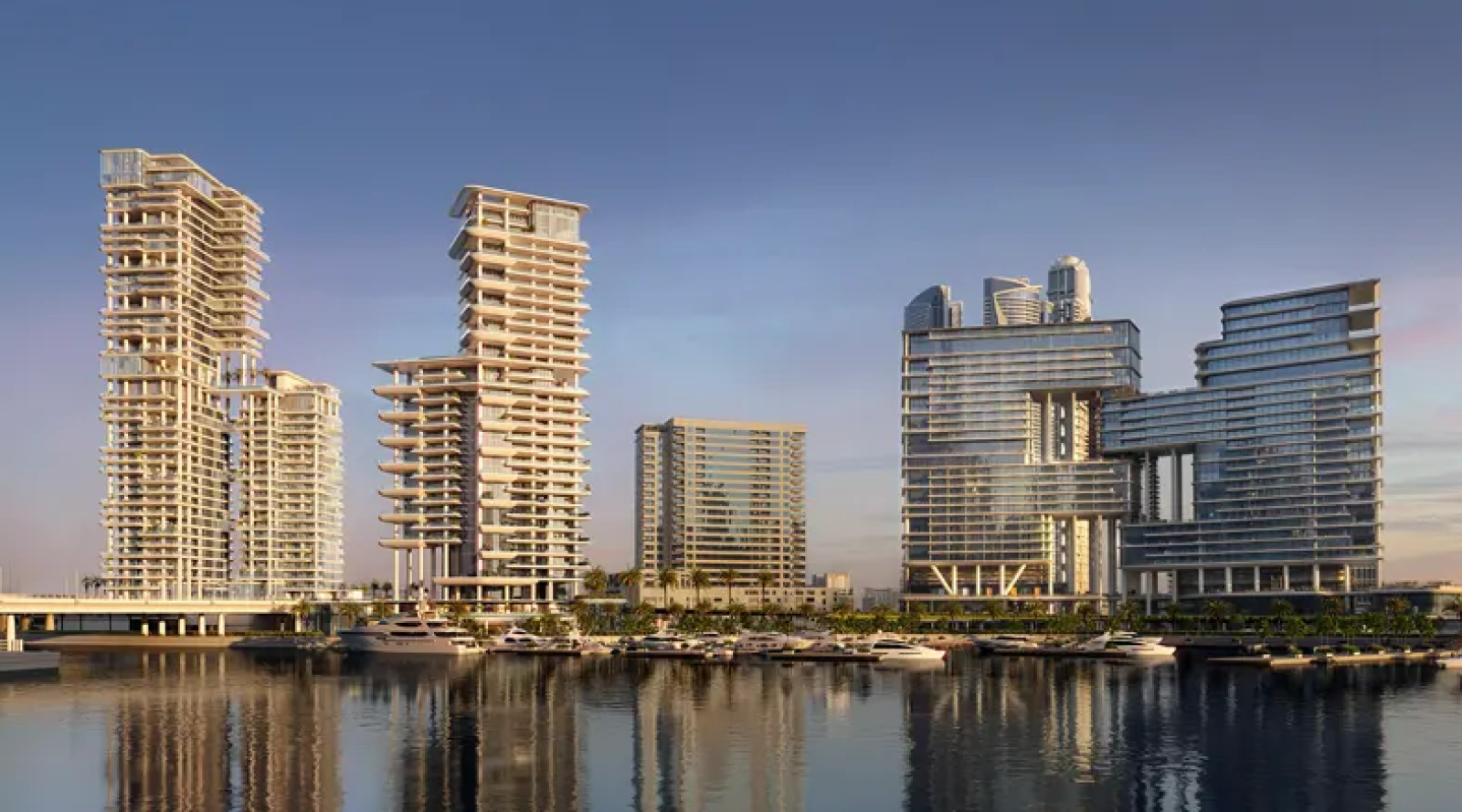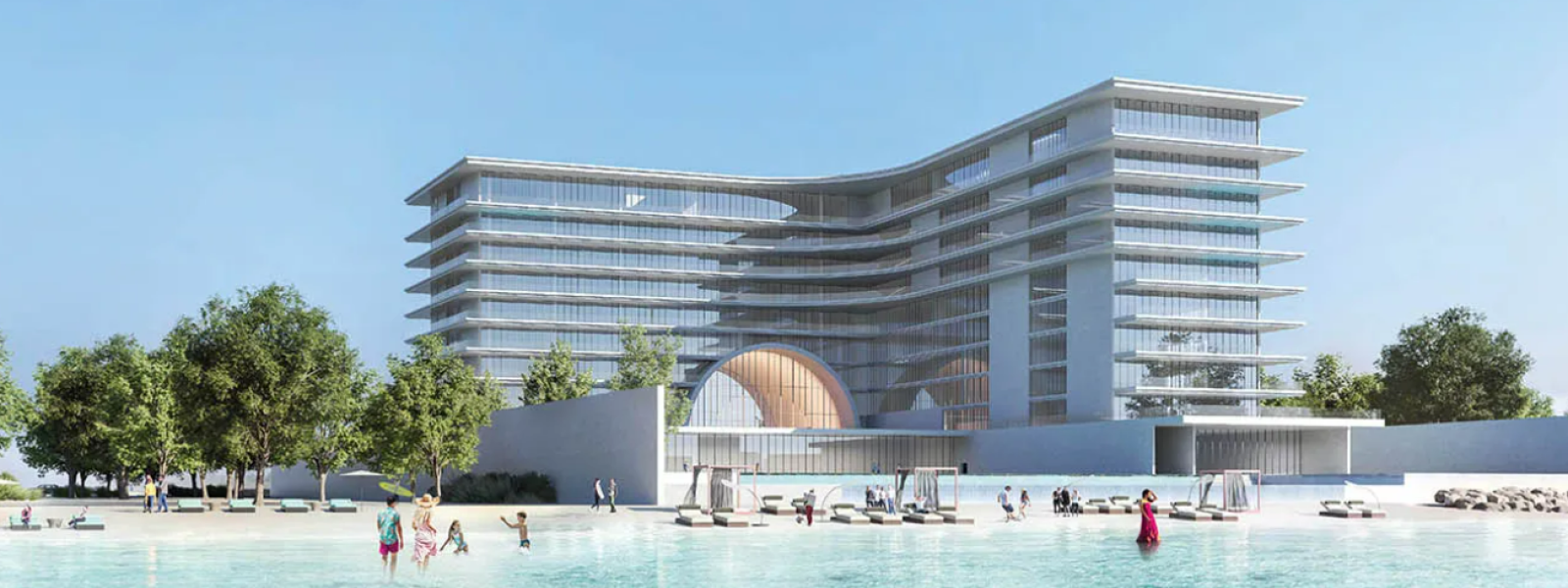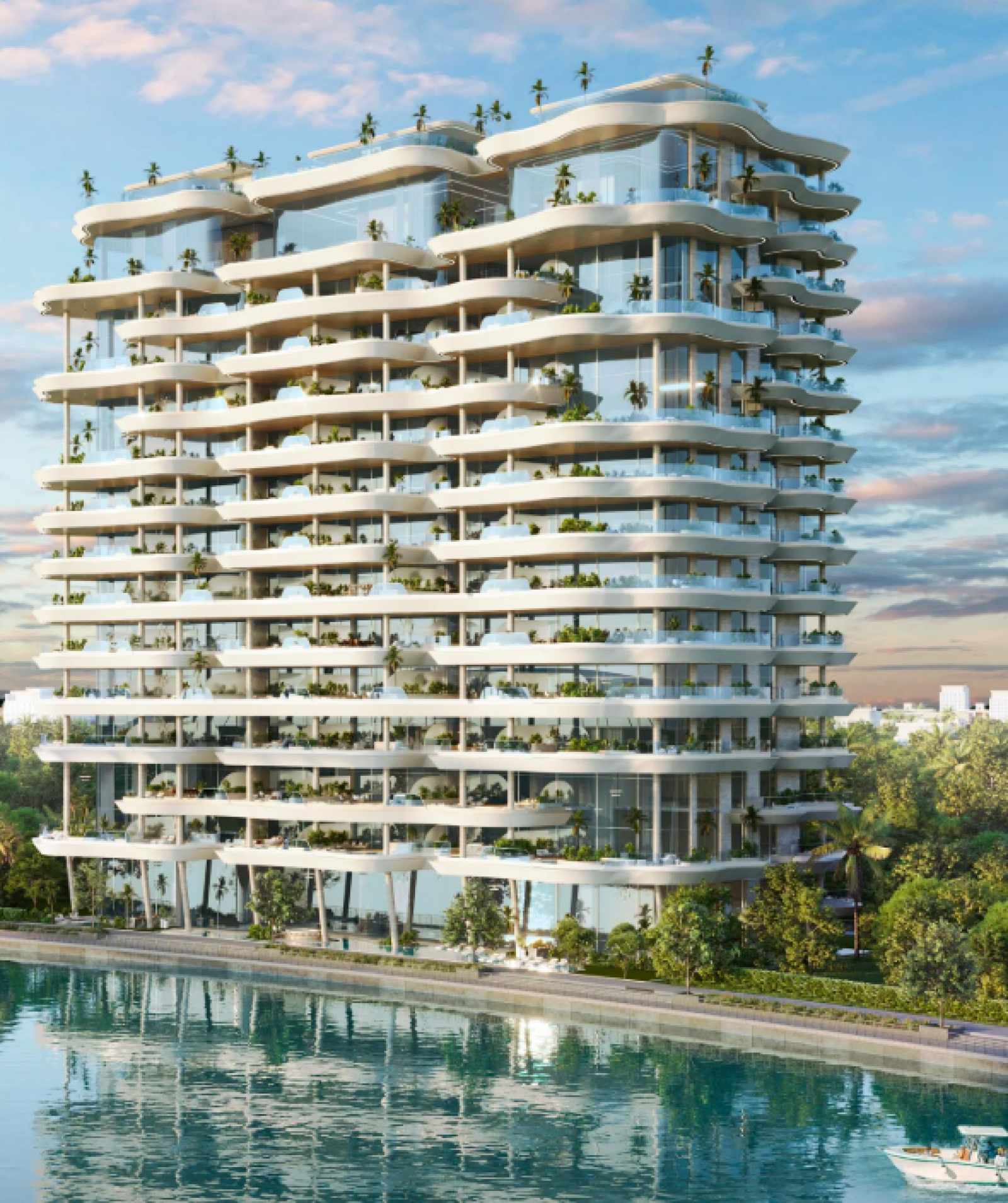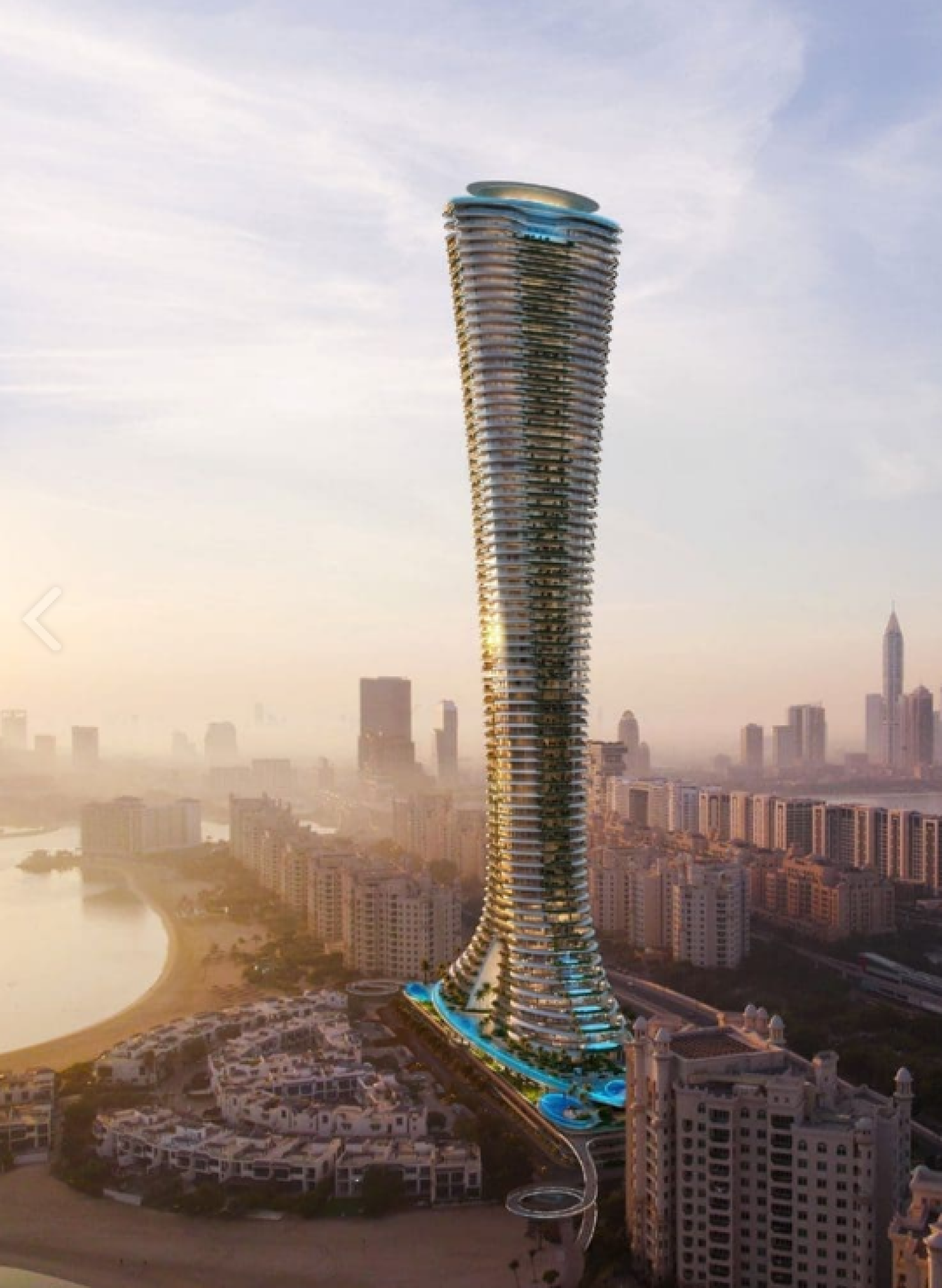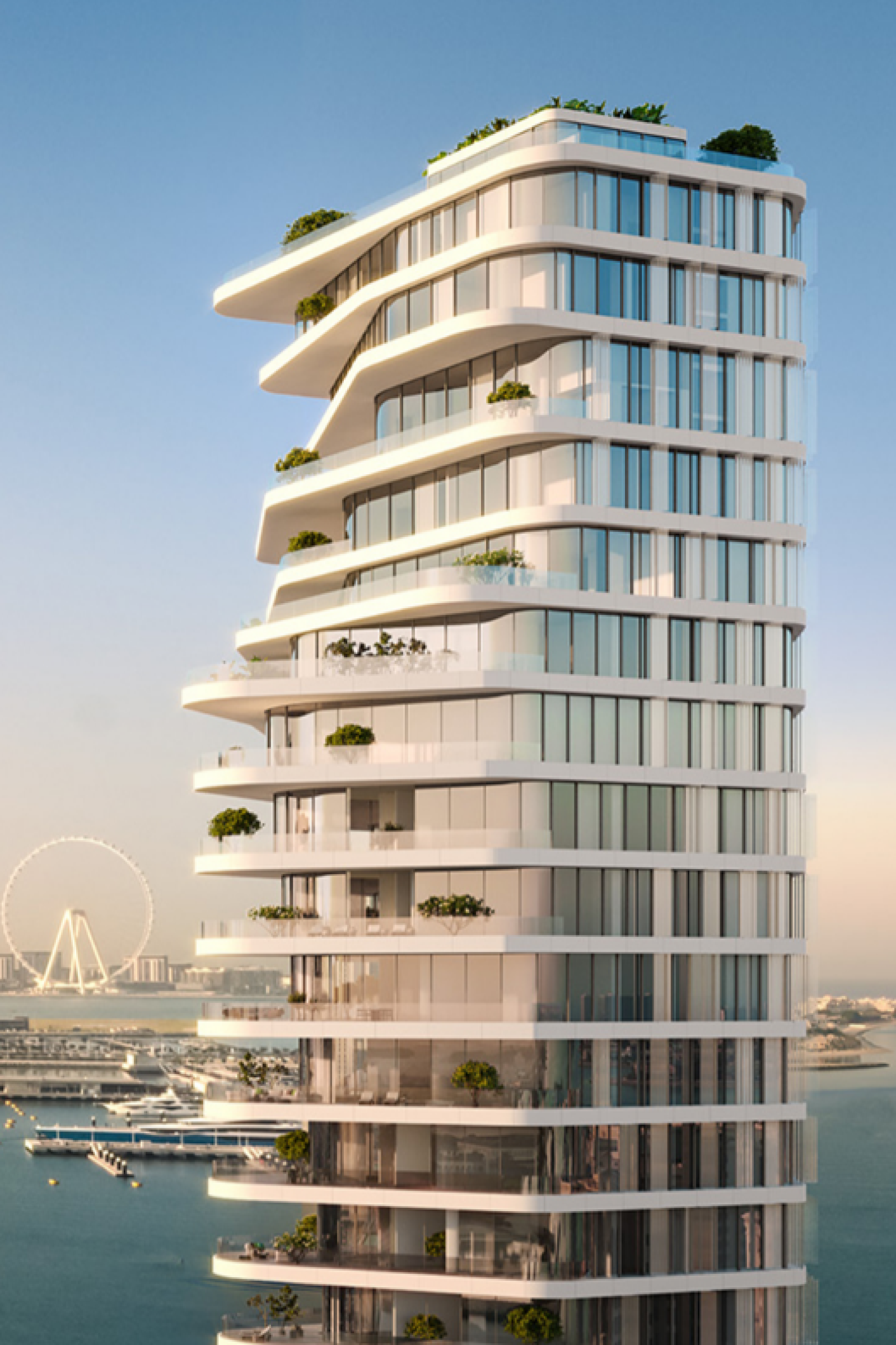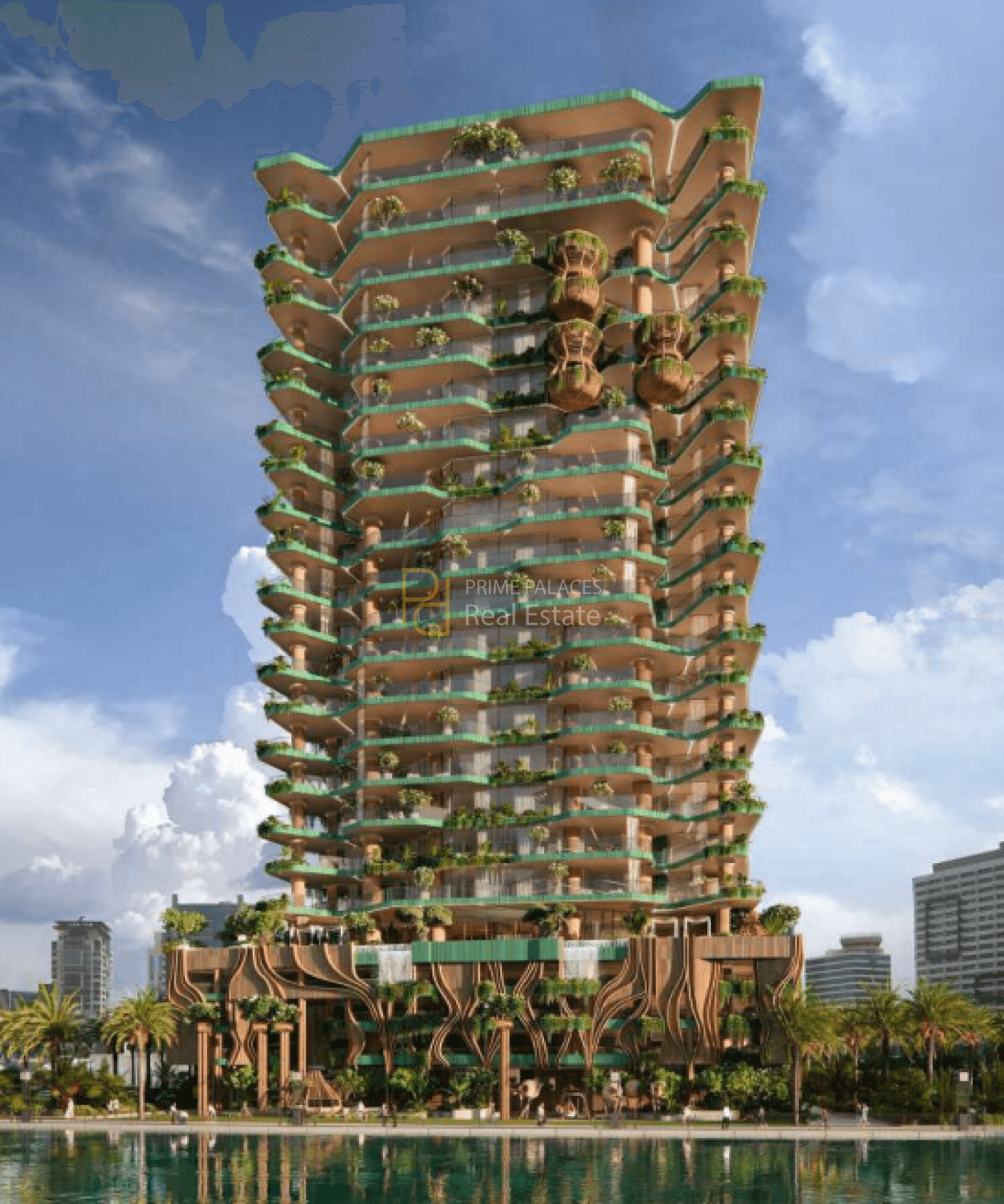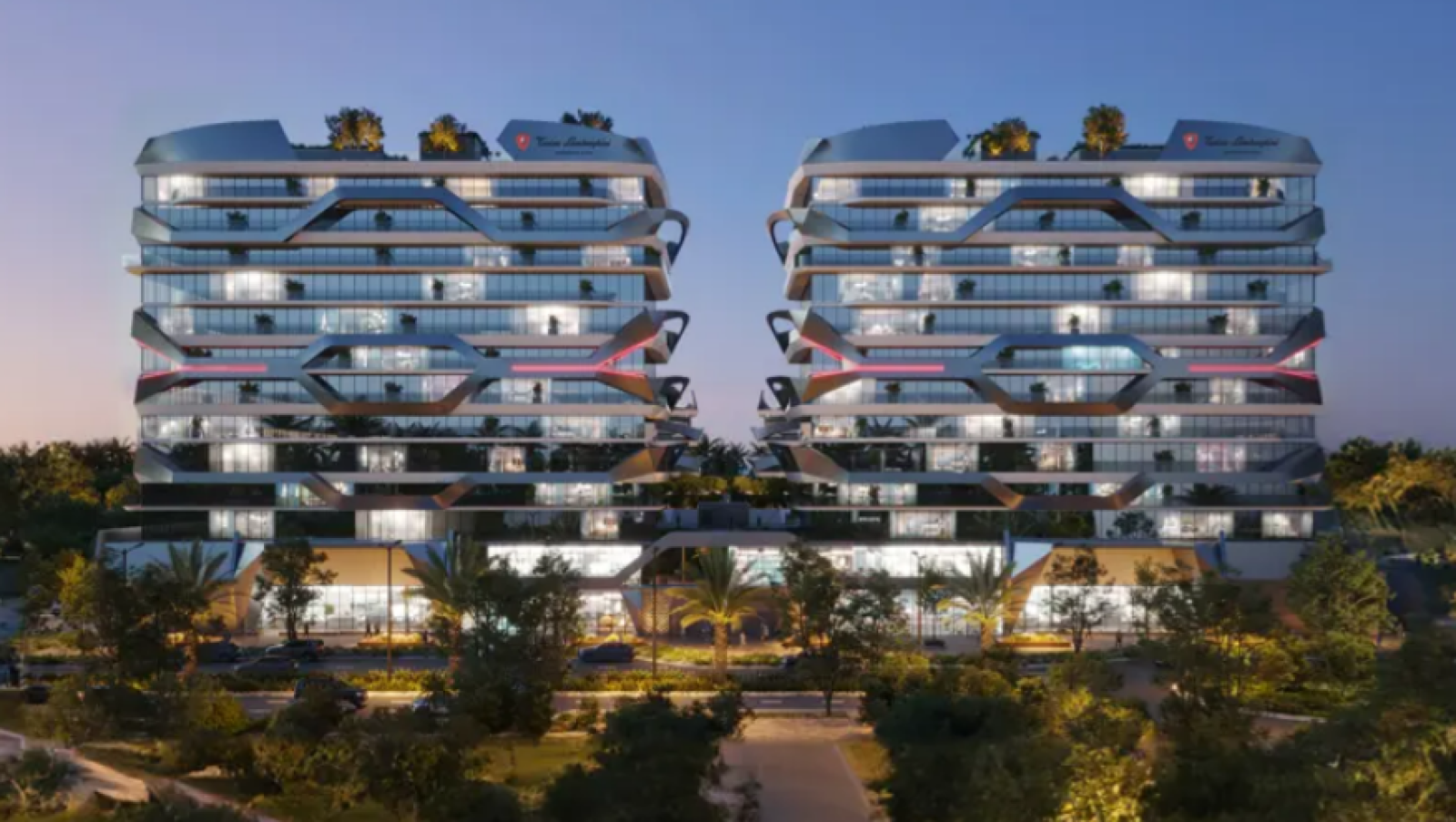Understanding Freehold vs Leasehold in Dubai Real Estate
Dubai’s real estate sector offers a unique advantage to both residents and international investors: the ability to own property under clearly defined legal structures. The two main types of ownership are freehold and leasehold, each offering distinct rights, responsibilities, and investment potential. Understanding these frameworks is key to navigating the Dubai real estate market effectively.
What Is Freehold Ownership?
A freehold property grants the buyer full ownership of the unit and the land on which it is built. This type of ownership is available to both UAE nationals and foreigners in designated freehold areas such as Dubai Marina, Downtown Dubai, Palm Jumeirah, and Business Bay.
With freehold properties in Dubai, the owner has the unrestricted right to sell, lease, or occupy the property indefinitely. The title deed is registered in the buyer’s name at the Dubai Land Department, and ownership is typically permanent. This model is popular among foreign investors due to its long-term security and capital appreciation potential.
Freehold owners are also entitled to visa benefits based on property value and may pass the asset on through inheritance. From an investment perspective, freehold in Dubai is ideal for those seeking full control, long-term residency benefits, and unrestricted asset management.
What Is Leasehold Ownership?
Leasehold properties in Dubai offer the right to use a property for a fixed term—usually 30 to 99 years—after which ownership reverts to the freeholder. Leasehold arrangements are more common in specific areas and may involve additional approvals or renewal negotiations.
The leaseholder may sell or sublease the property during the lease term, but does not own the land. In some cases, modifications or renovations require approval from the freeholder. These restrictions make leasehold in Dubai more suitable for short- to mid-term investors or residents seeking affordability in strategic locations.
Leasehold options can be less expensive upfront, offering entry into popular communities at a lower cost. However, potential buyers must be aware of future renewal terms, transfer conditions, and how remaining lease years may affect resale value.
Key Differences Between Freehold and Leasehold in Dubai
-
Ownership Rights: Freehold grants full ownership of the property and land; leasehold provides usage rights for a defined period.
-
Control: Freehold owners have full authority to modify or resell; leasehold requires permissions and adherence to lease terms.
-
Duration: Freehold is permanent; leasehold expires unless renewed.
-
Location: Freehold zones are designated by the government for foreign ownership, while leasehold areas may be offered in older or redeveloped communities.
-
Market Impact: Freehold properties in Dubai generally hold stronger long-term value and attract foreign buyers looking for real estate investment in Dubai.
Which Ownership Type Should You Choose?
The decision depends on your financial goals, investment timeline, and risk tolerance. Freehold in Dubai is preferred by long-term investors and those seeking asset permanence, higher appreciation, and visa eligibility. Leasehold in Dubai, while less flexible, may suit short-term residents or budget-conscious buyers focused on location and lower acquisition costs.
At Prime Palaces Real Estate, we guide clients through both ownership types, ensuring every investor understands the legal and financial implications before committing. Whether purchasing a freehold apartment in Dubai or exploring leasehold options for occupancy or yield, our team ensures you receive expert advice aligned with your objectives.

